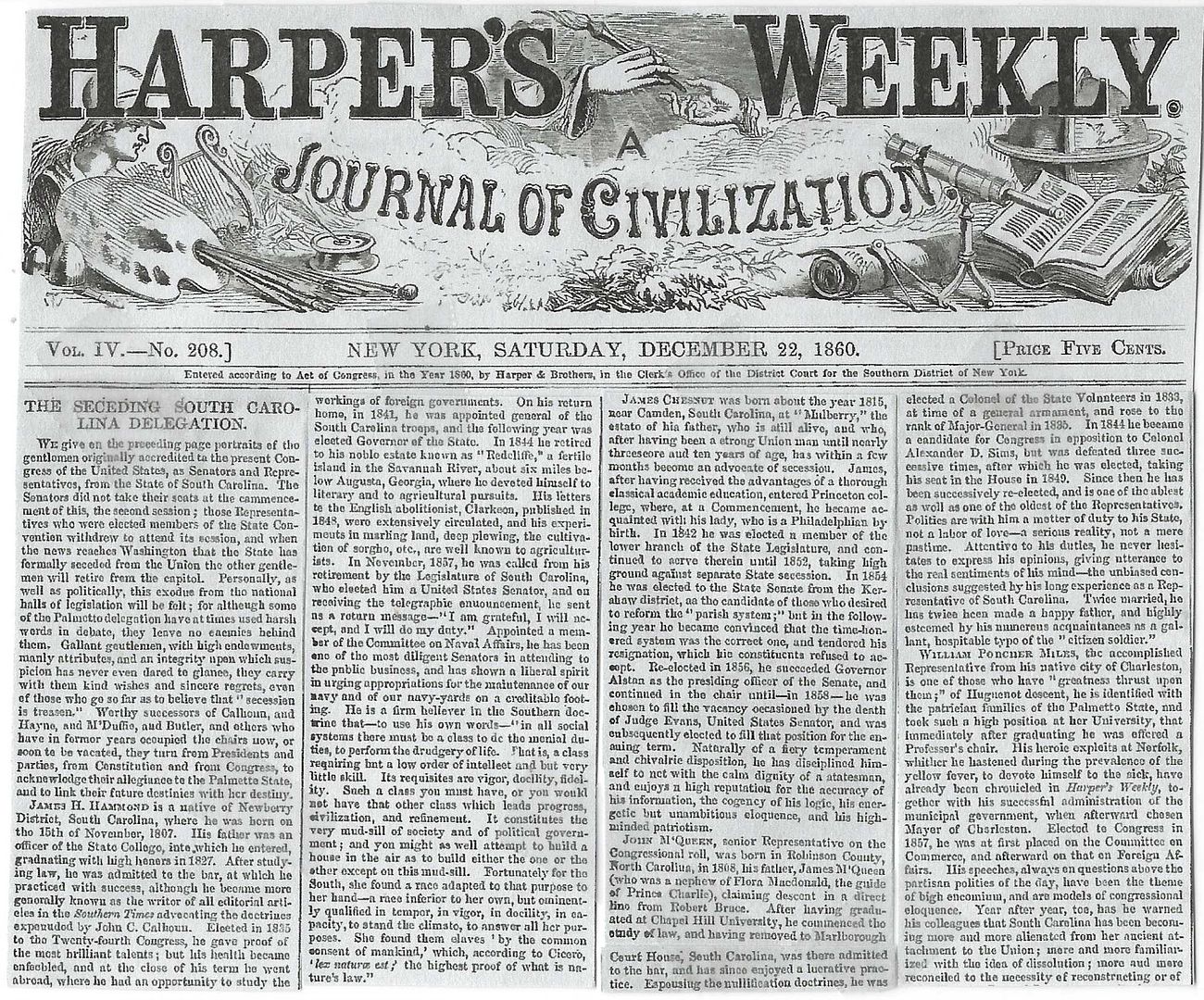
Posted on 12/22/2020 7:32:13 AM PST by Homer_J_Simpson

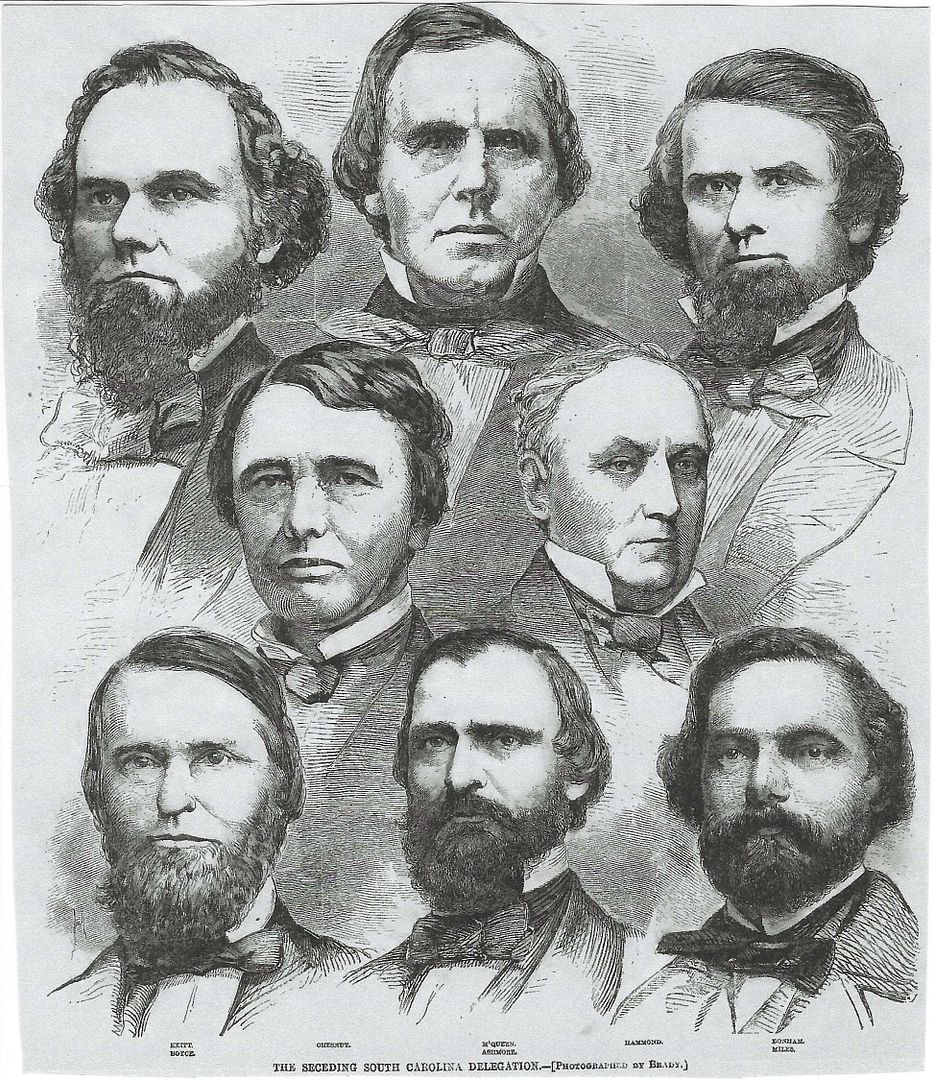
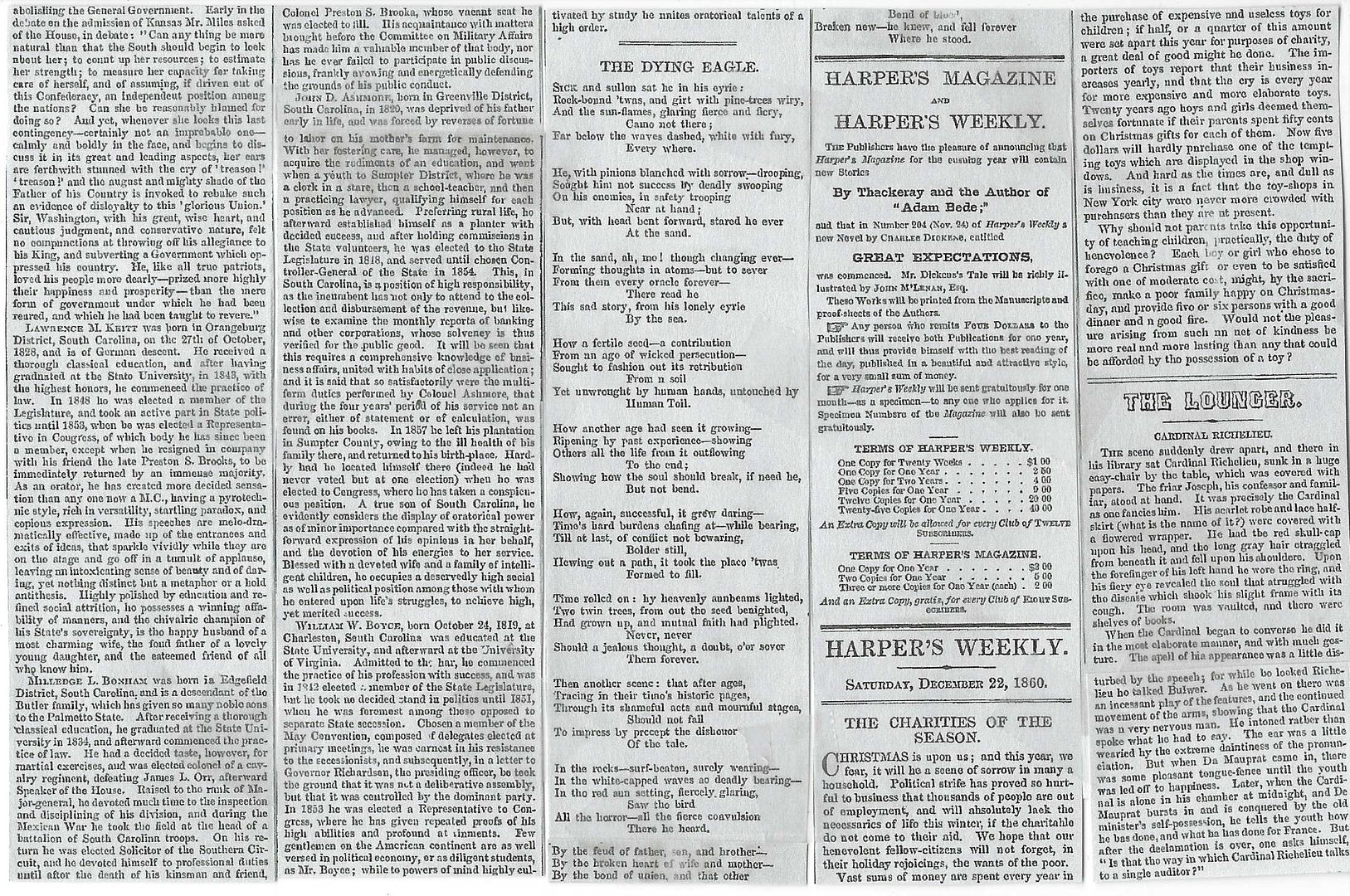
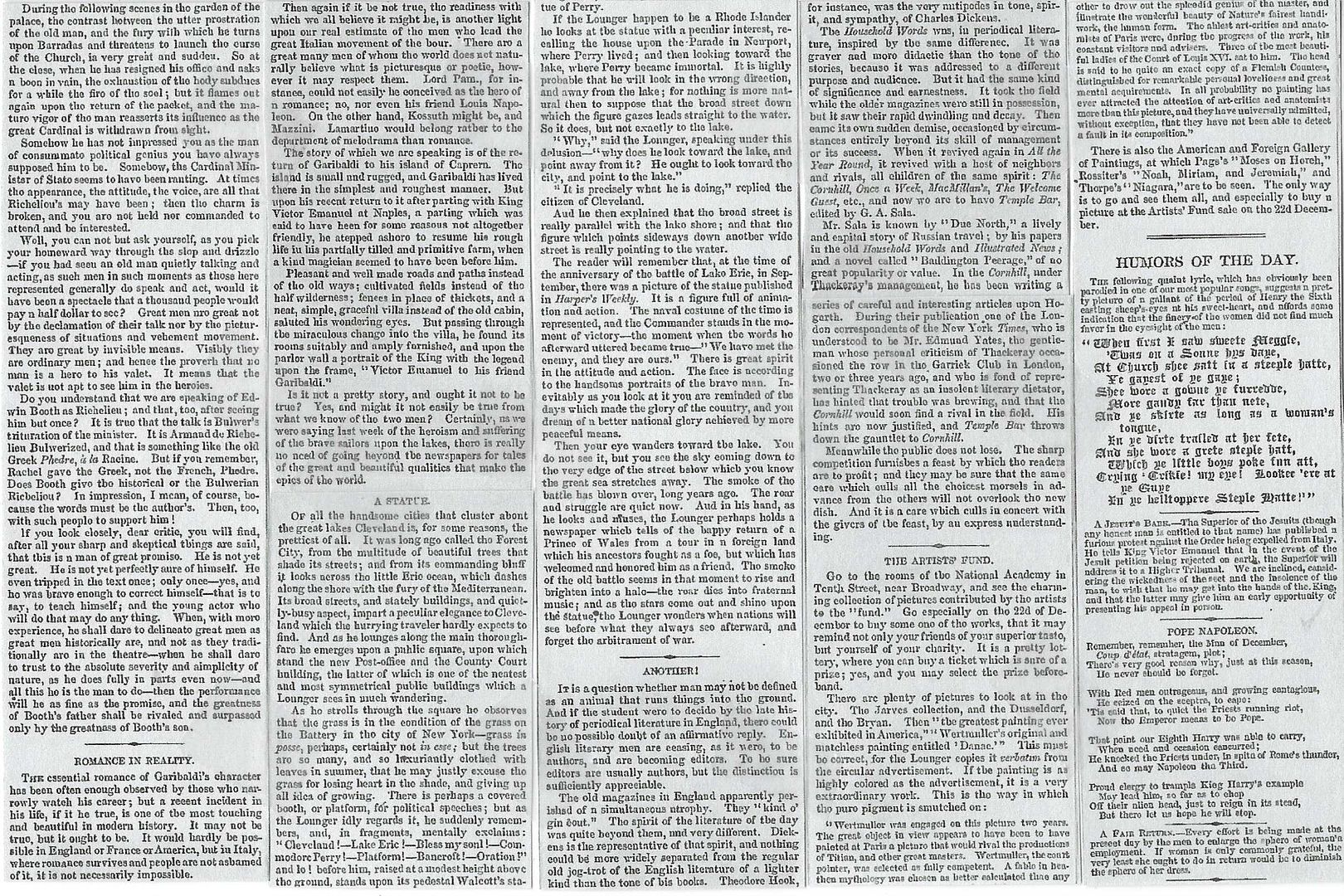
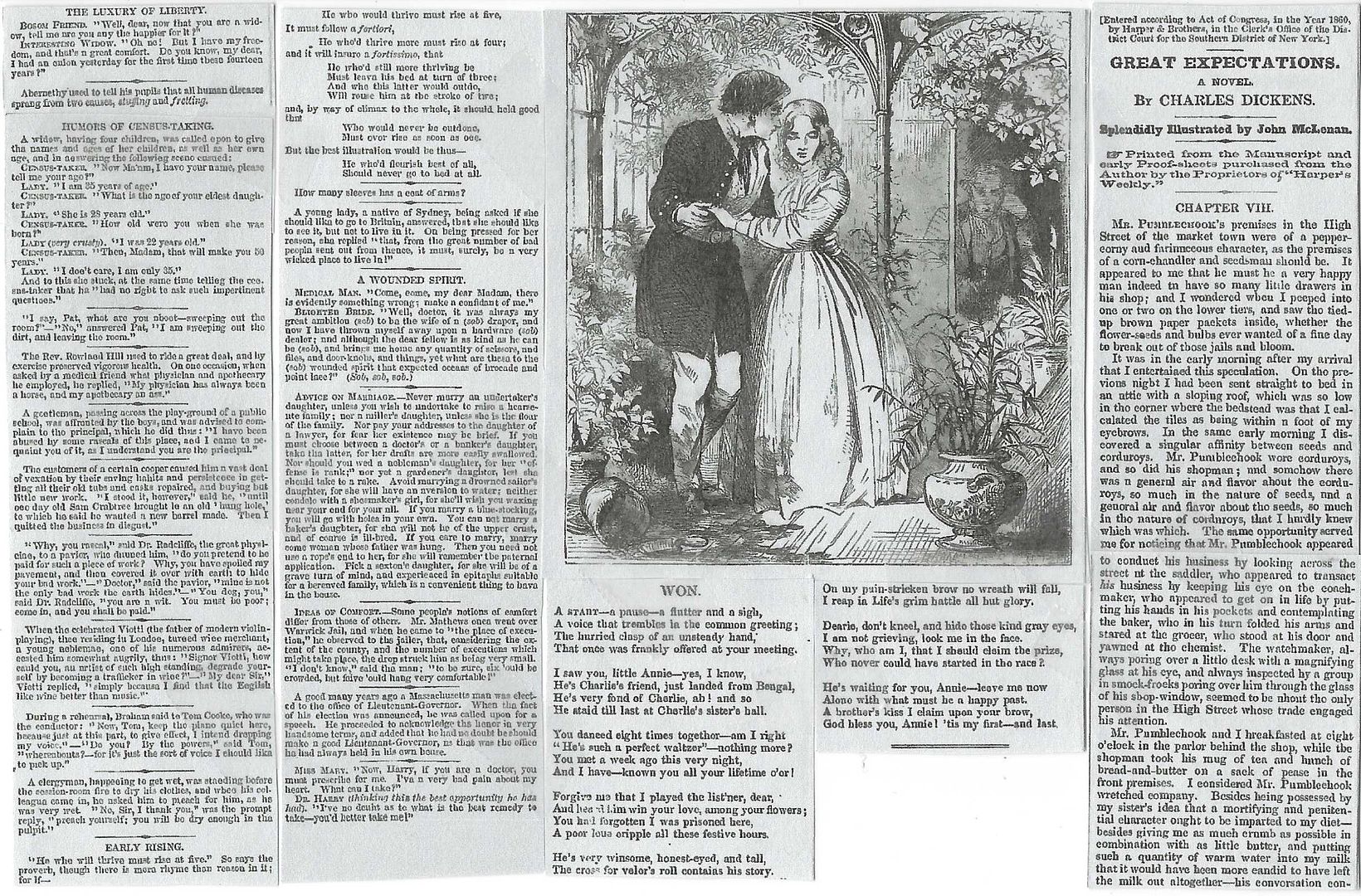
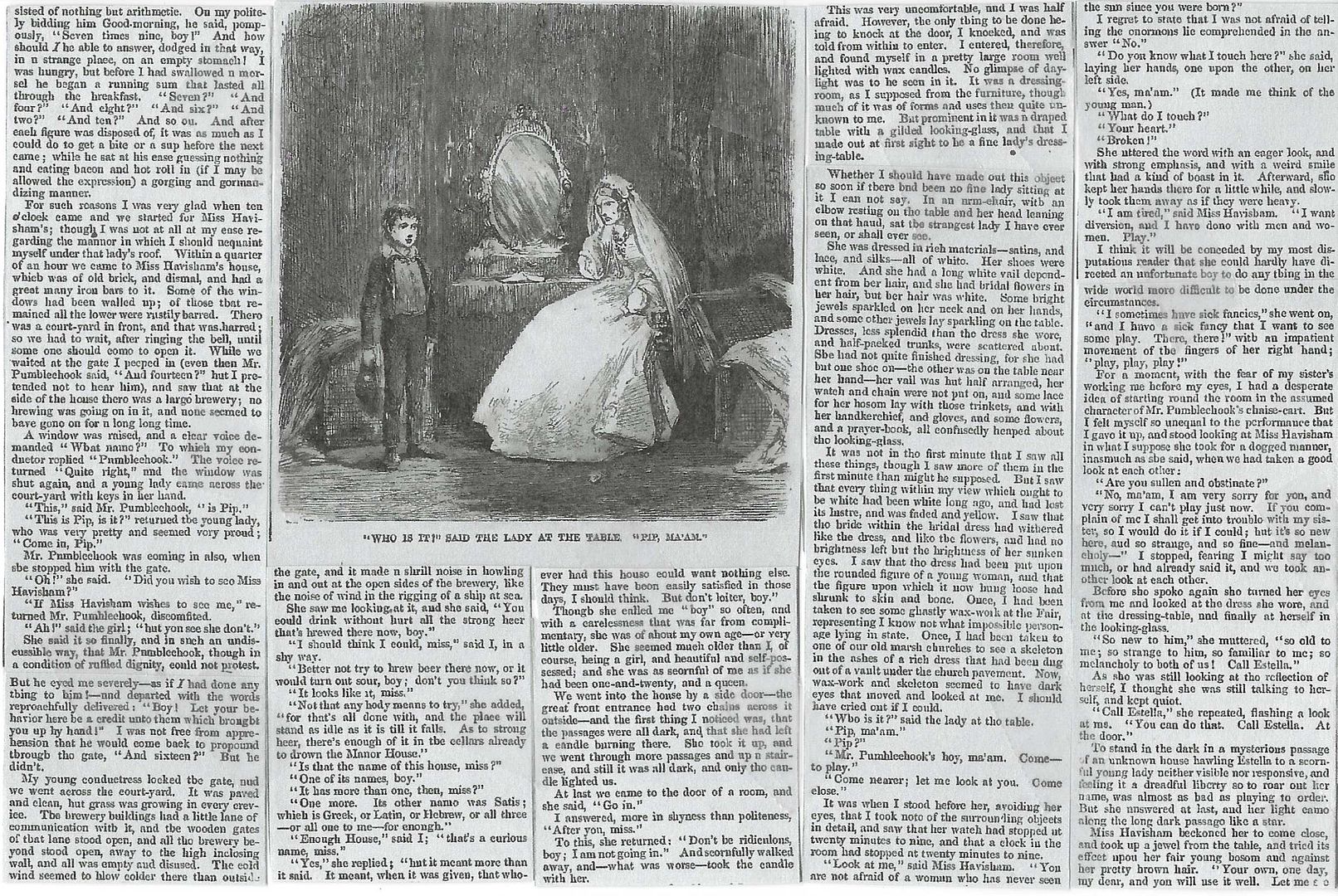
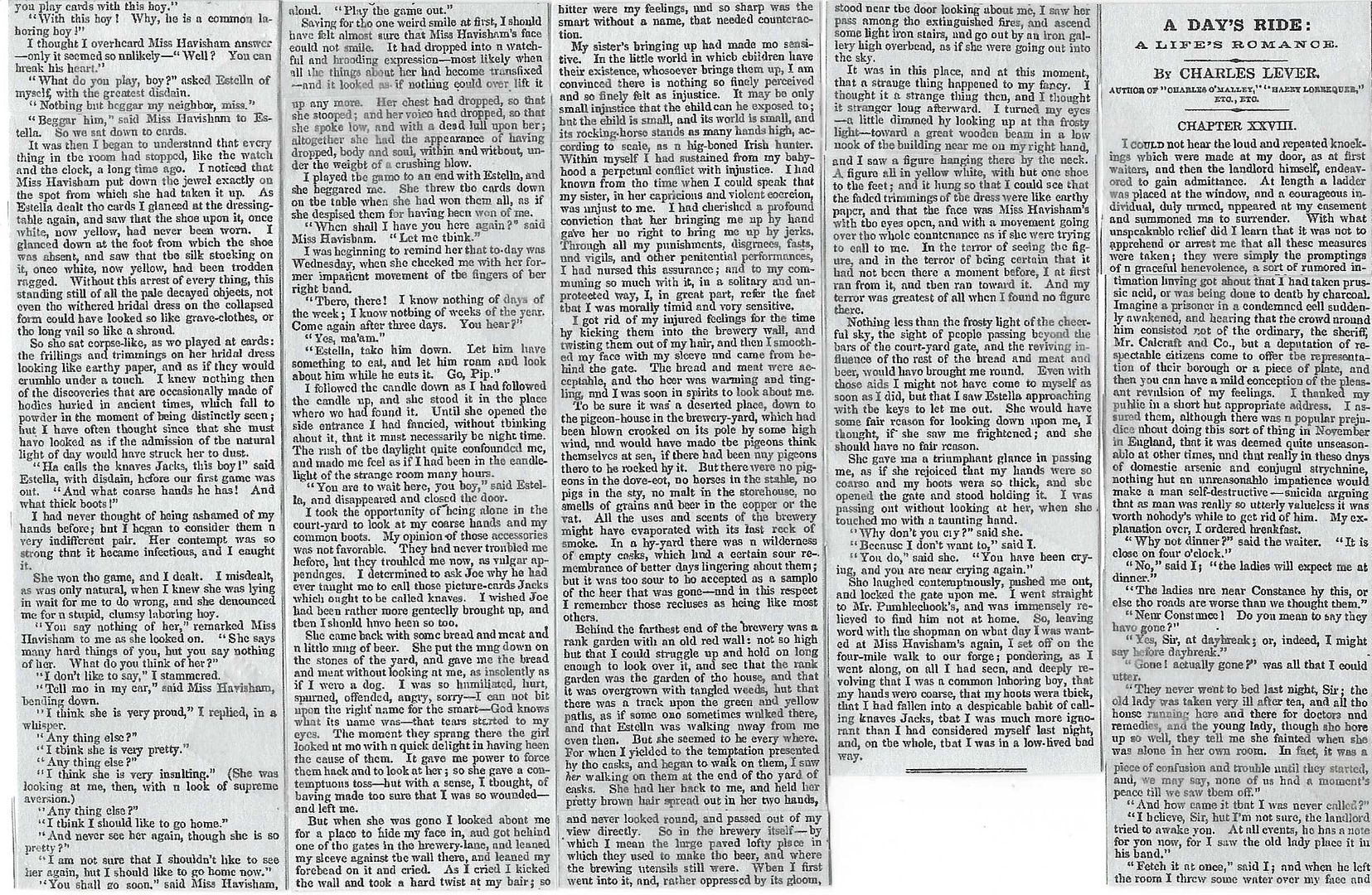
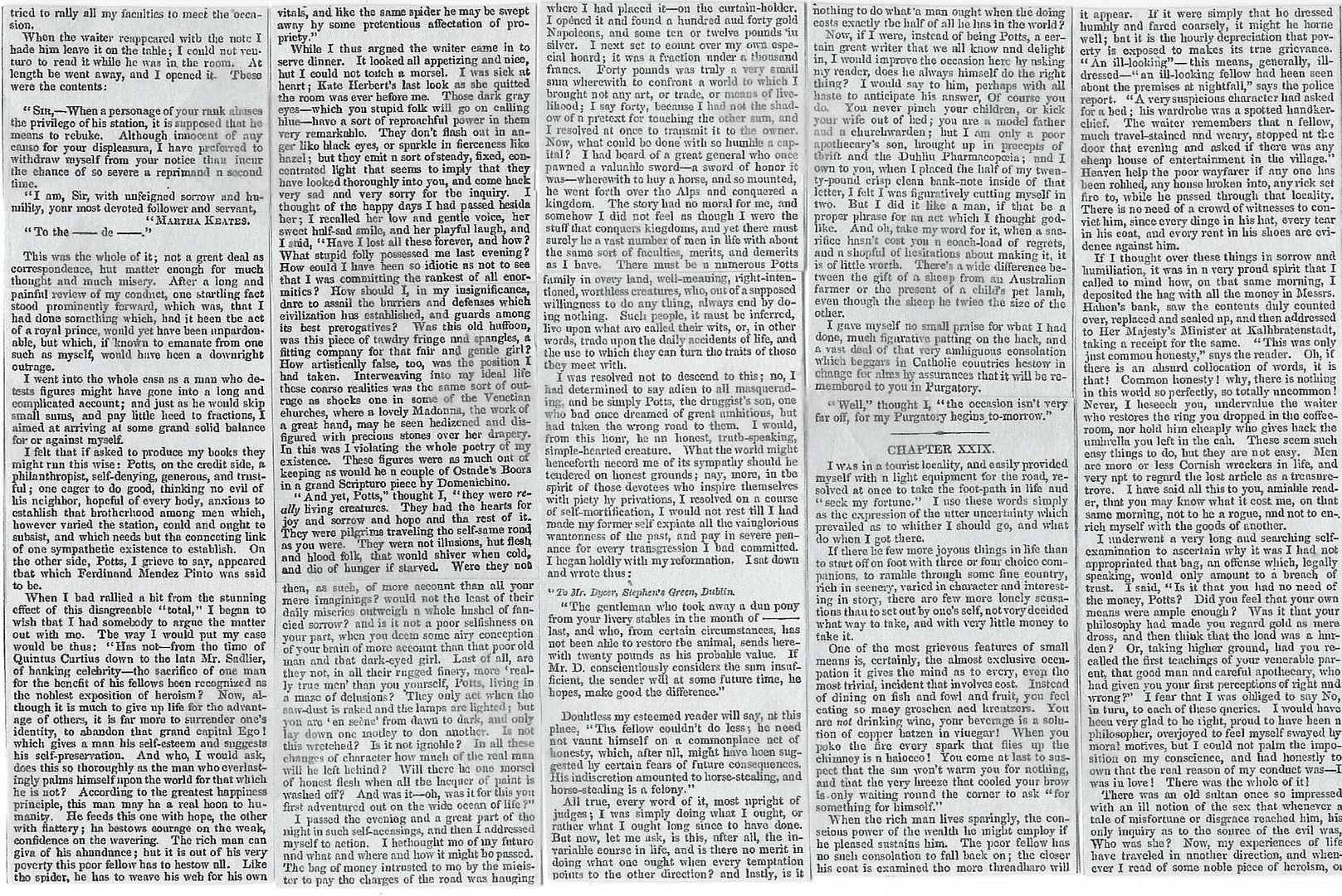
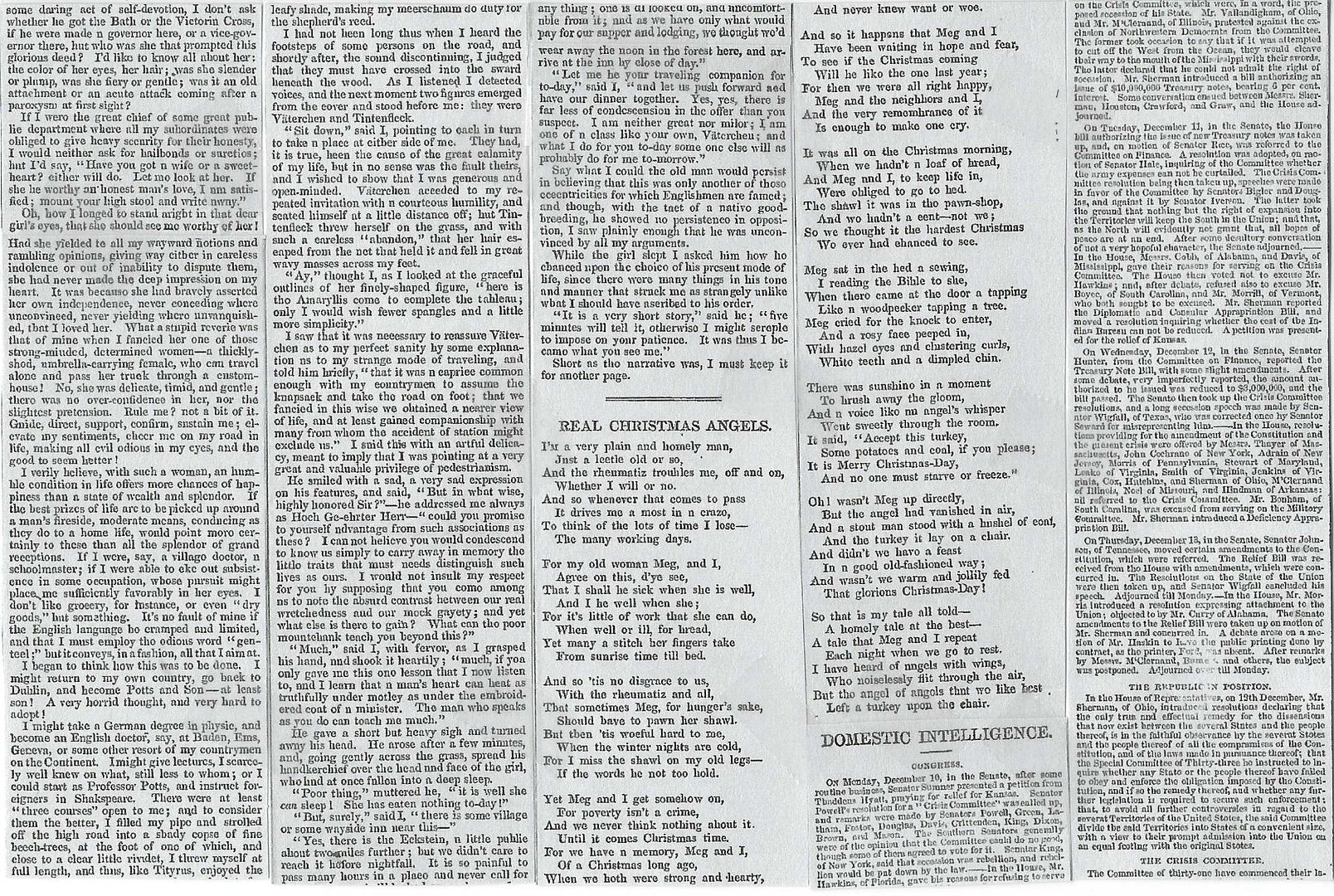
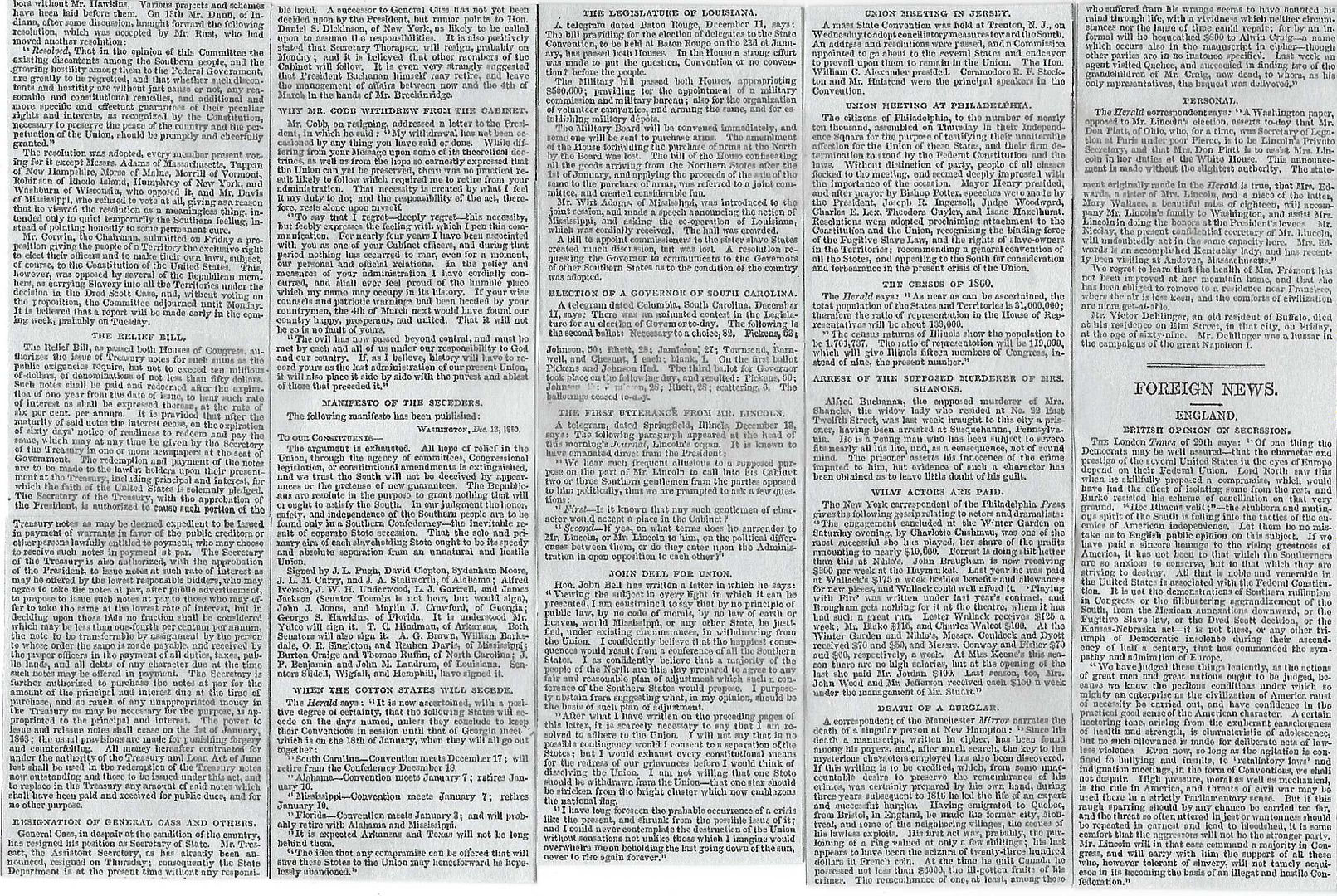
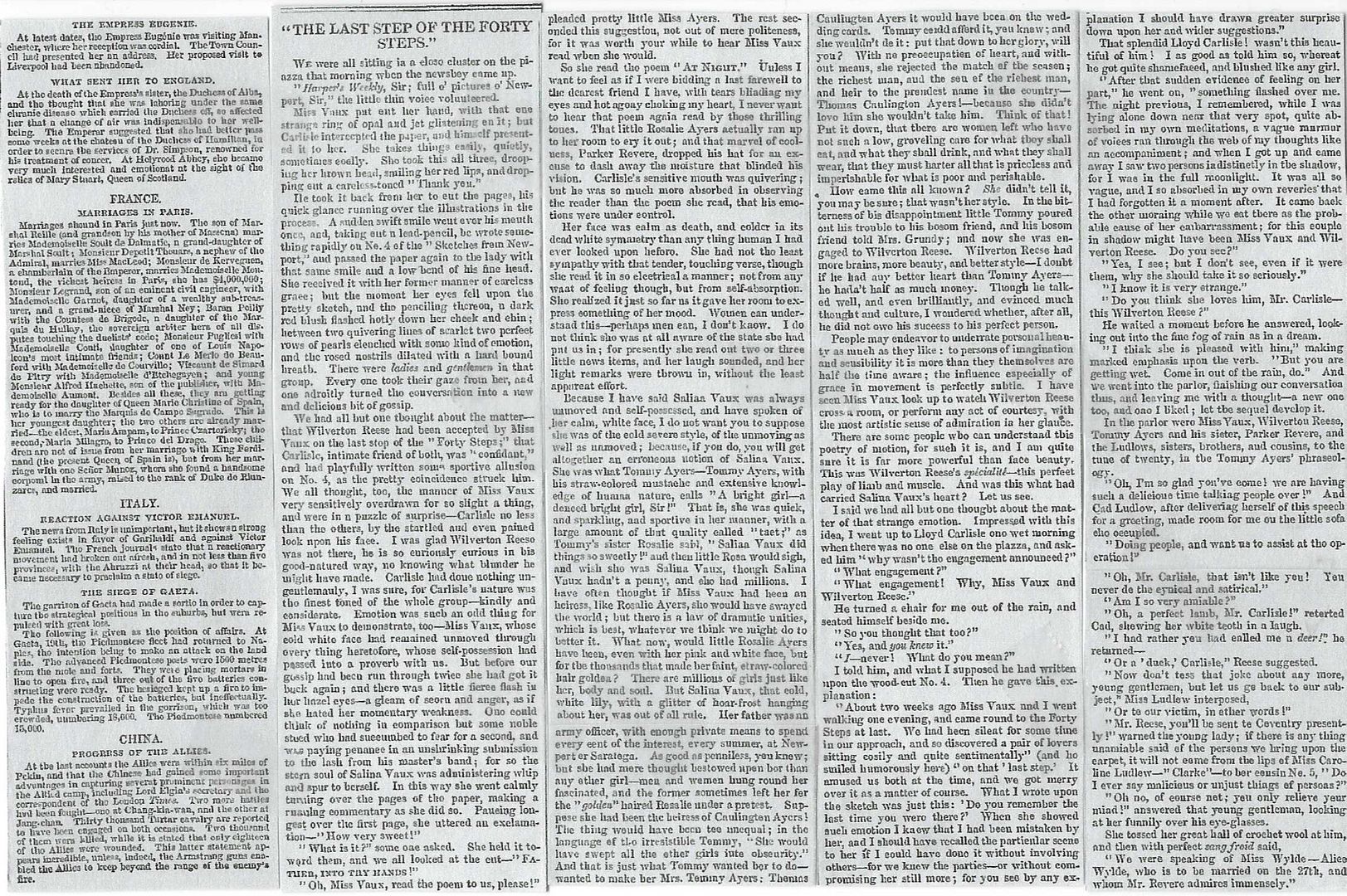
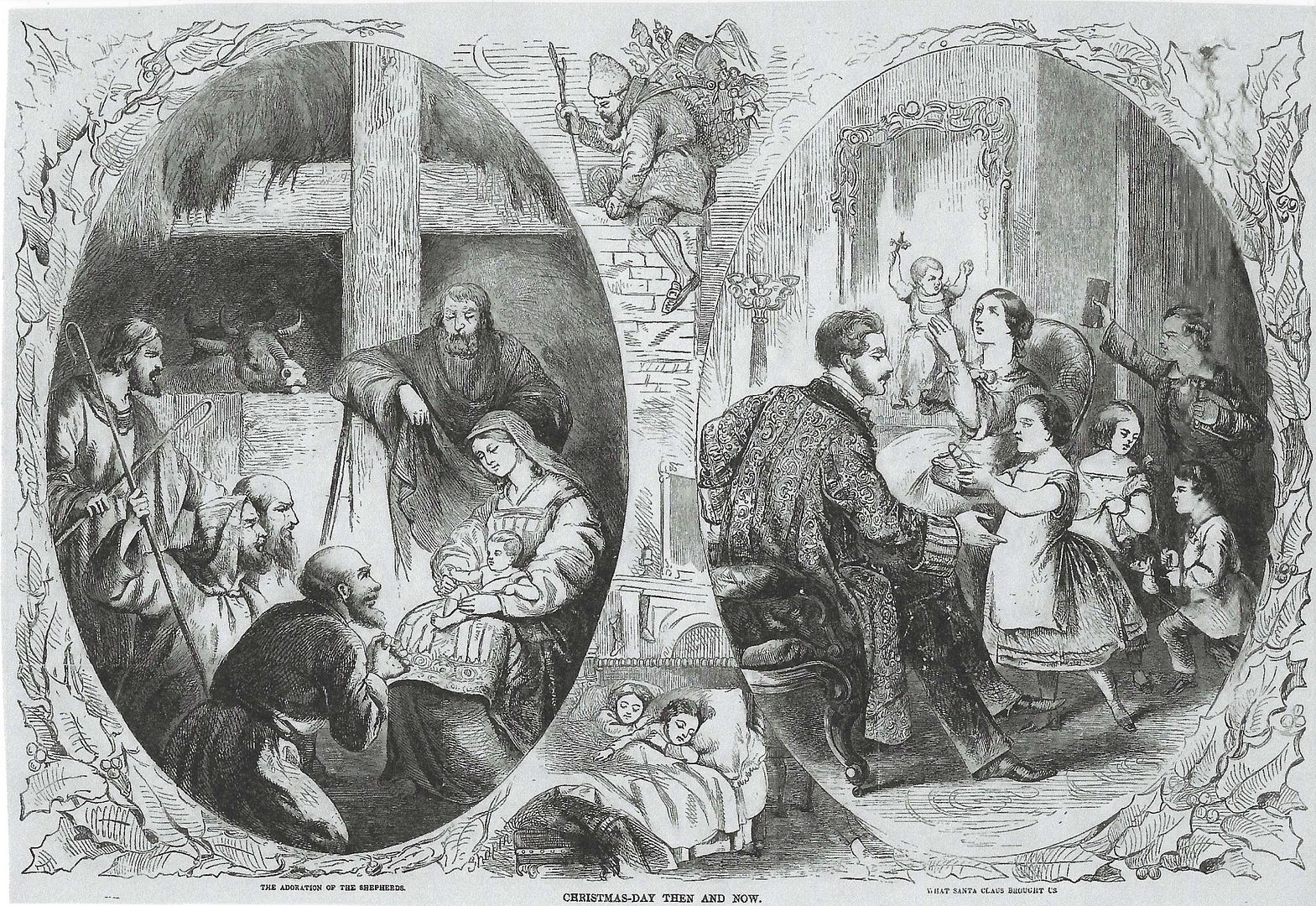
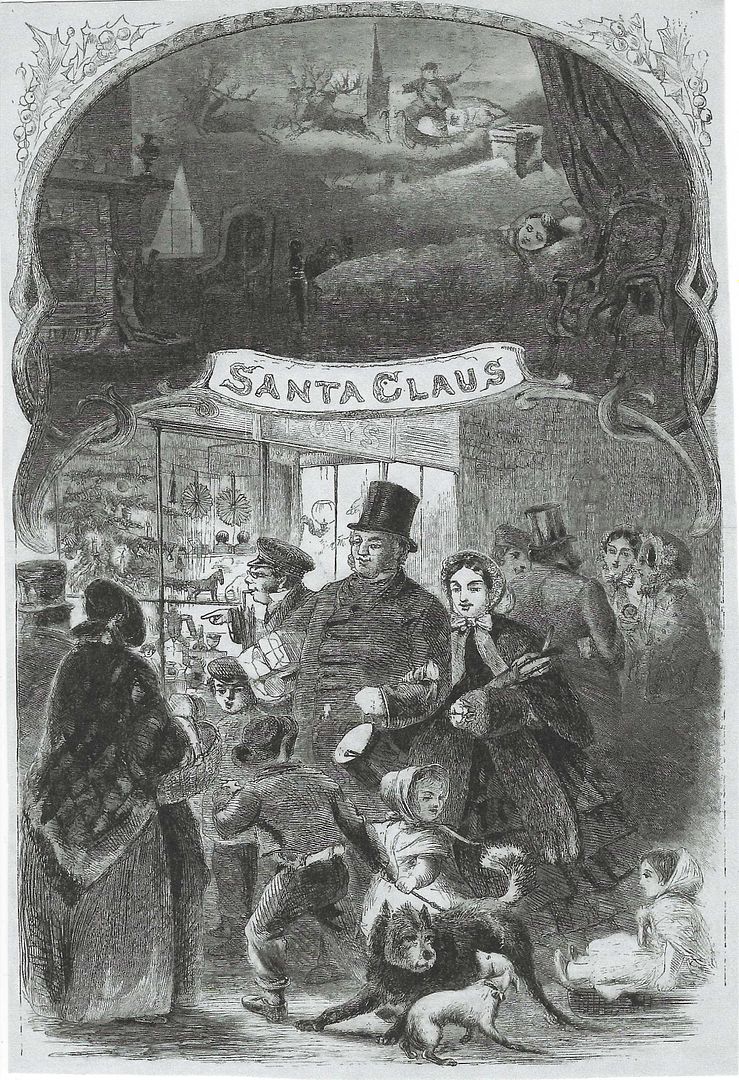
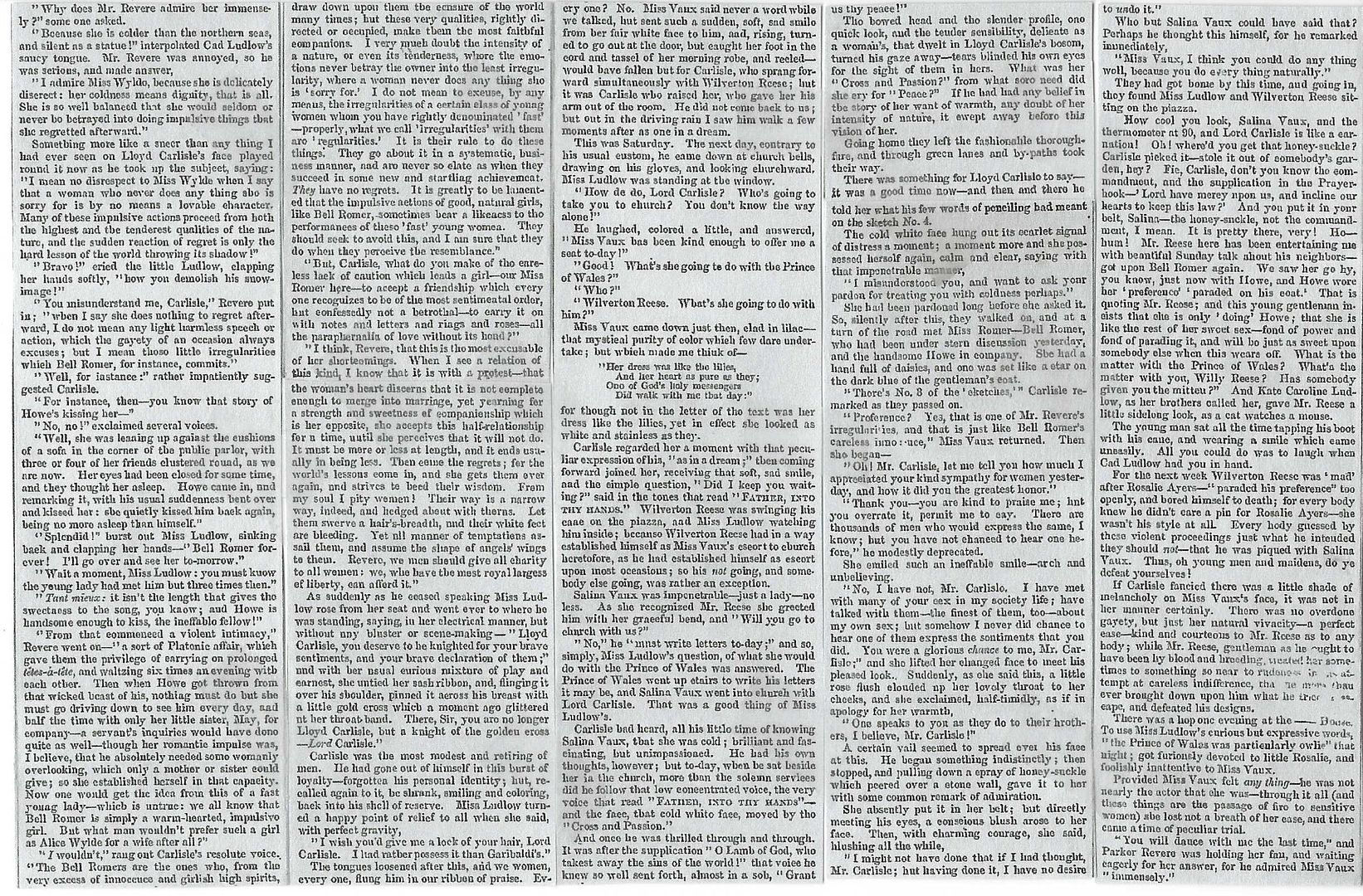
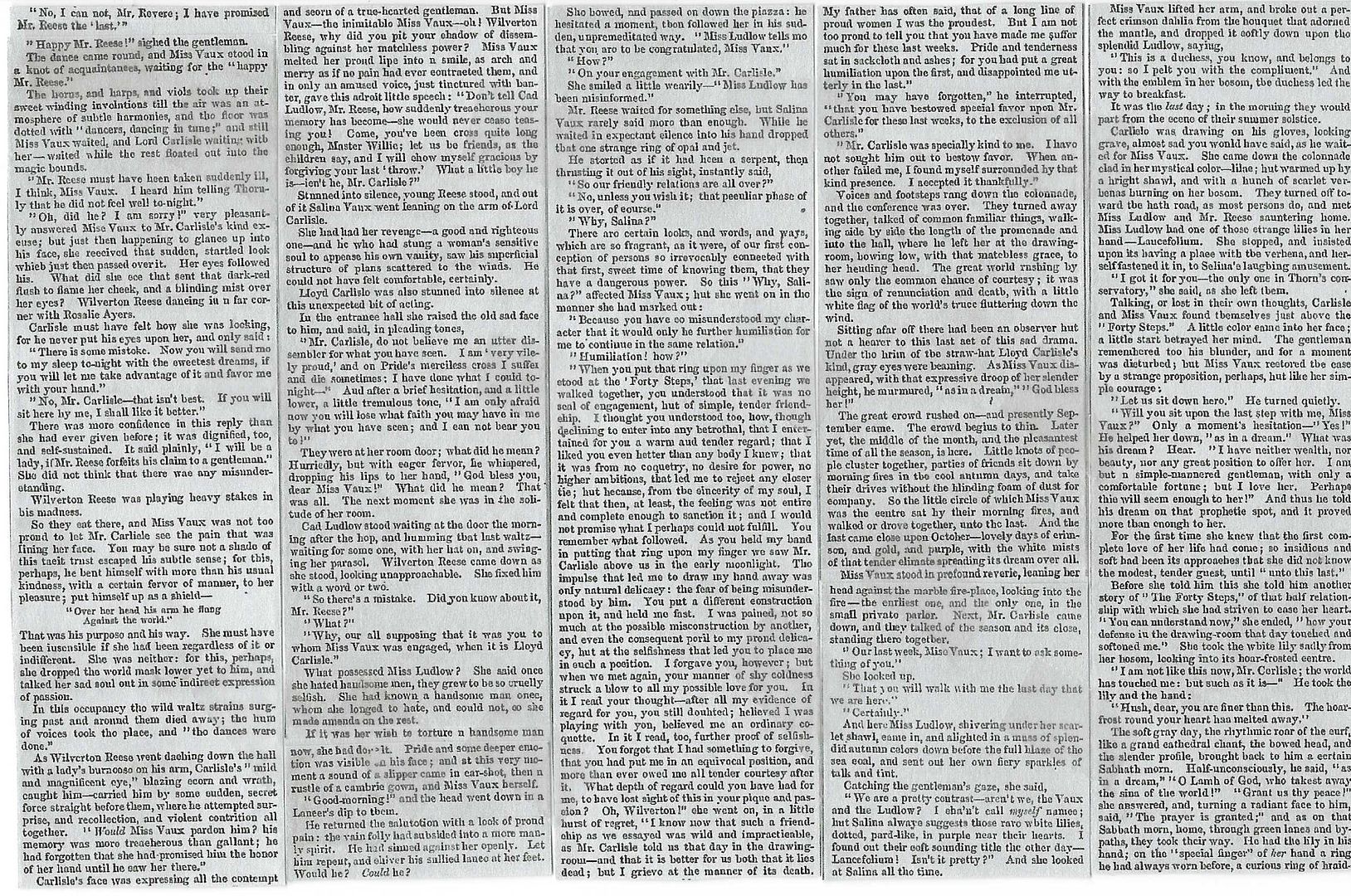
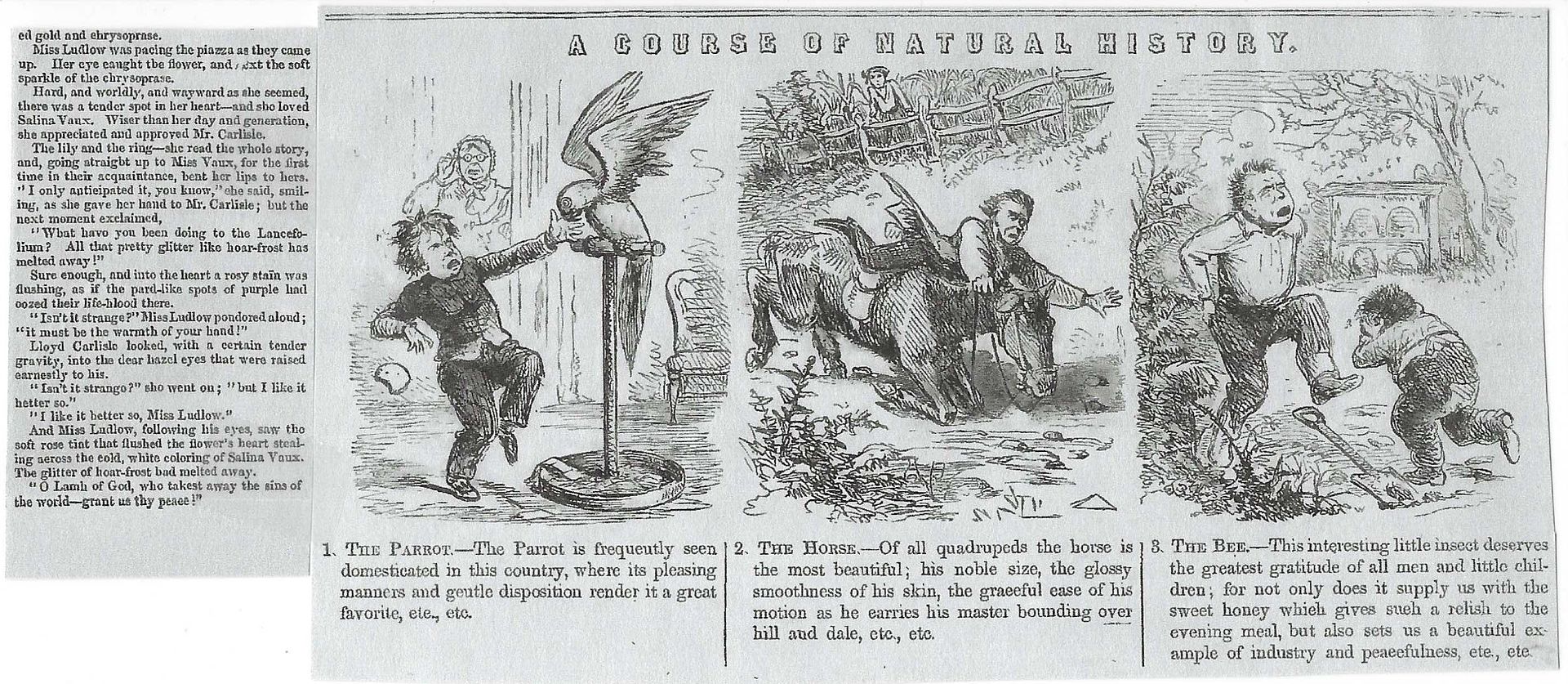
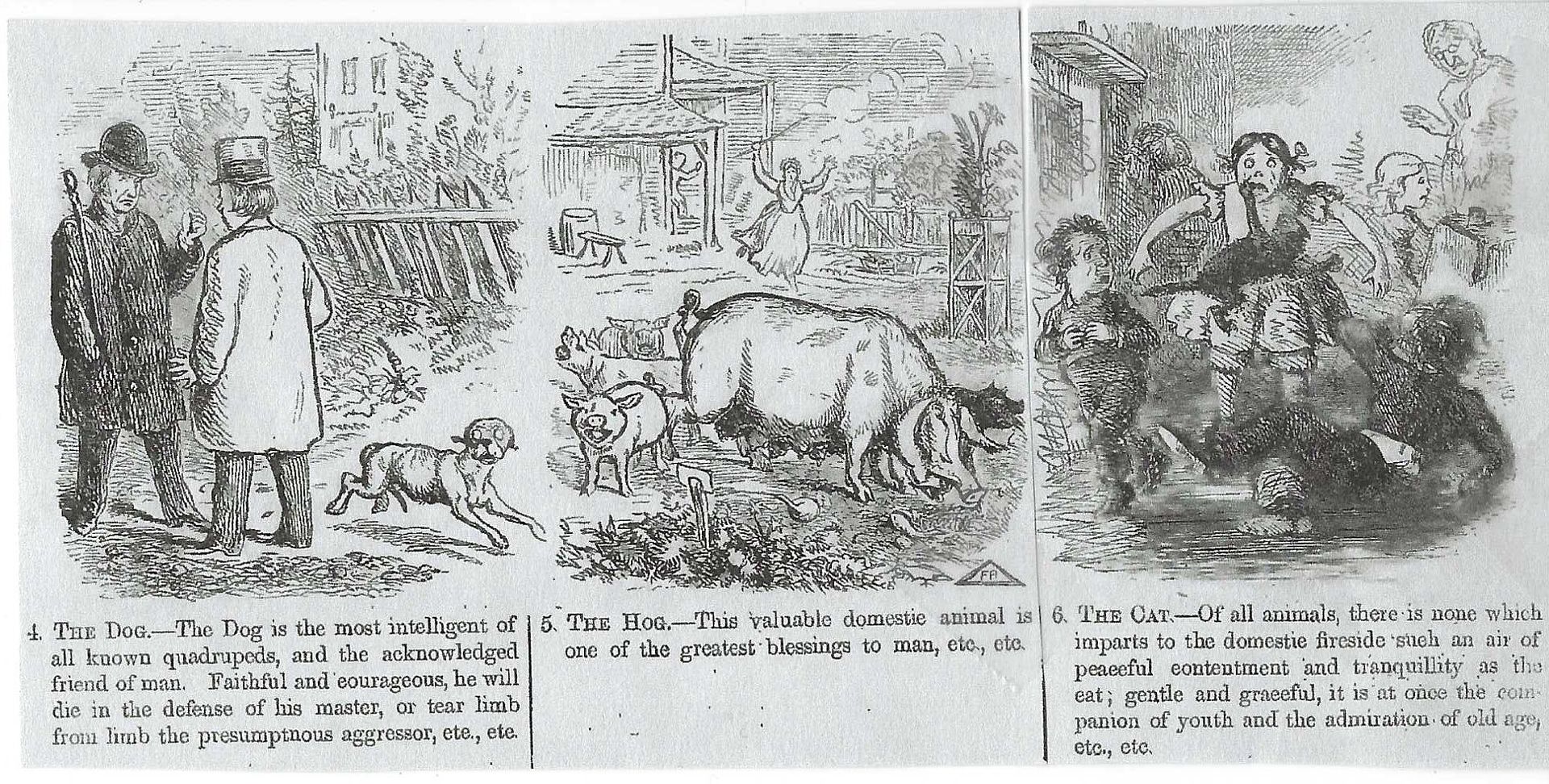
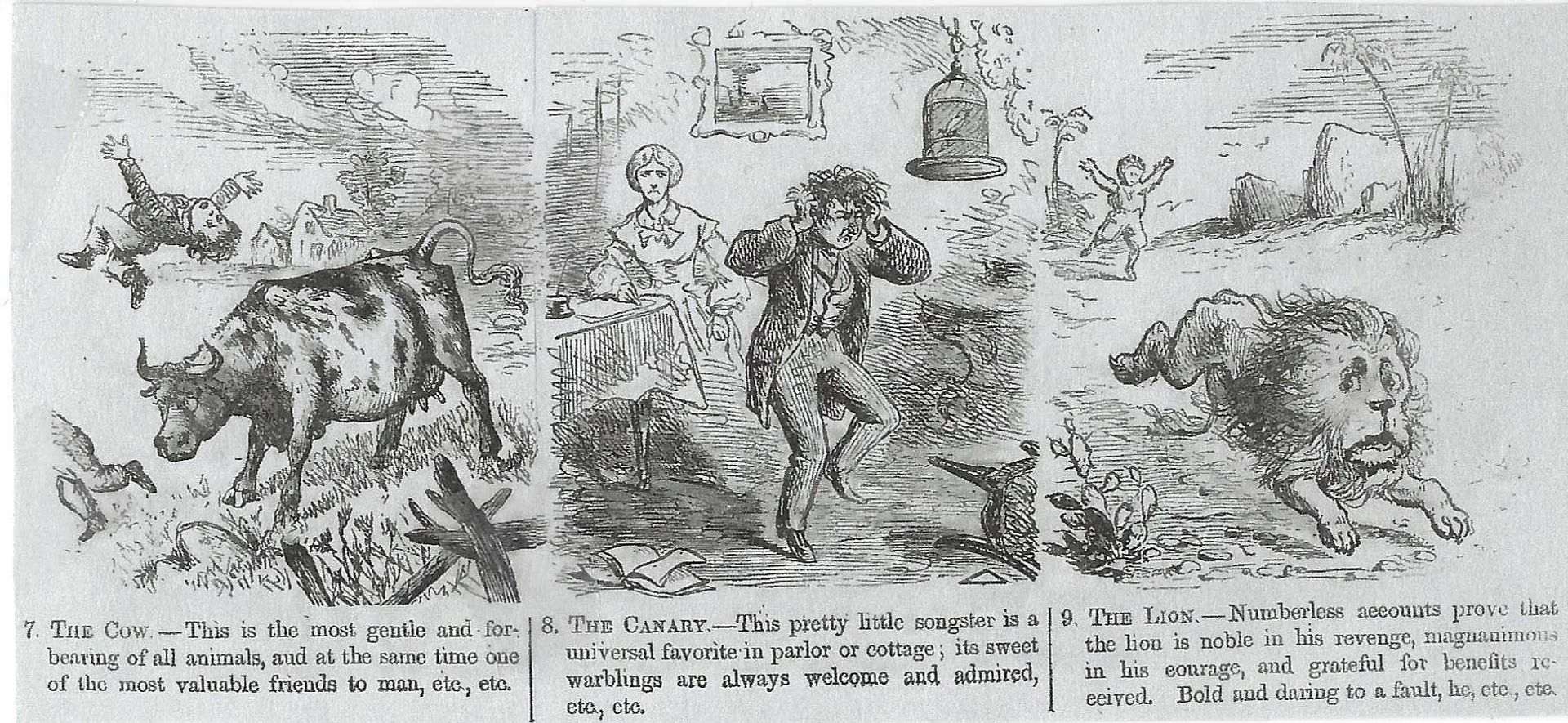
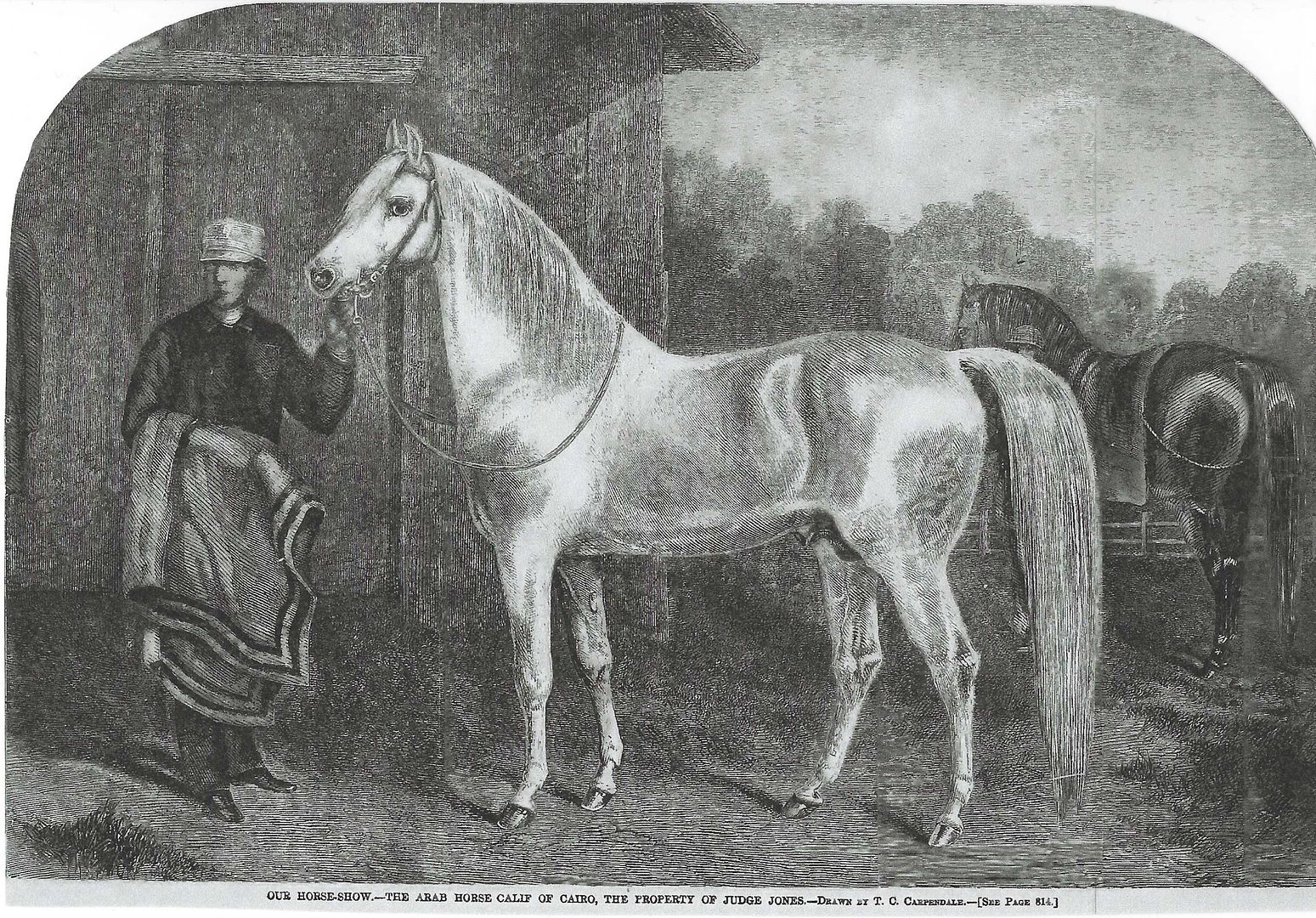
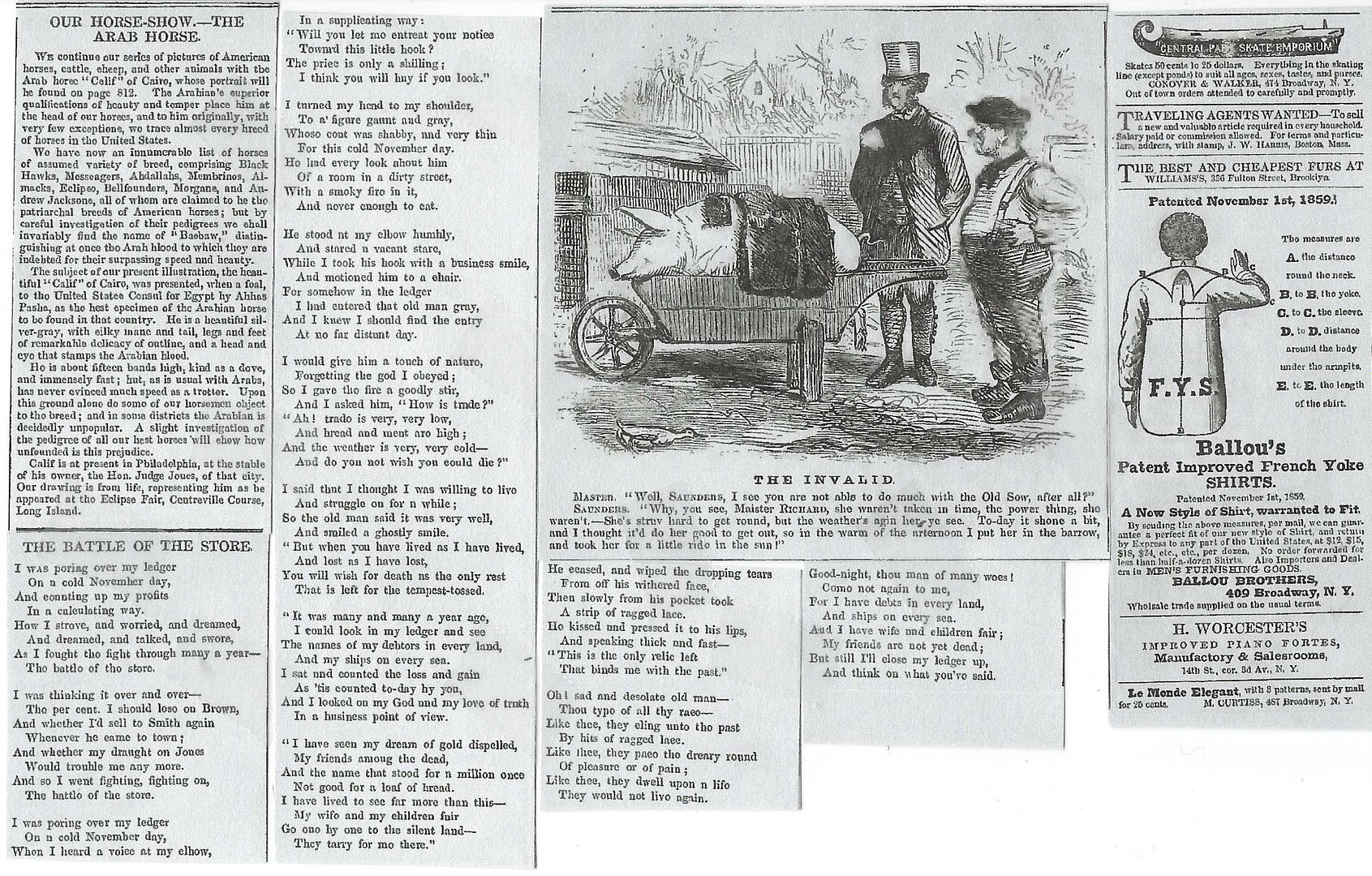
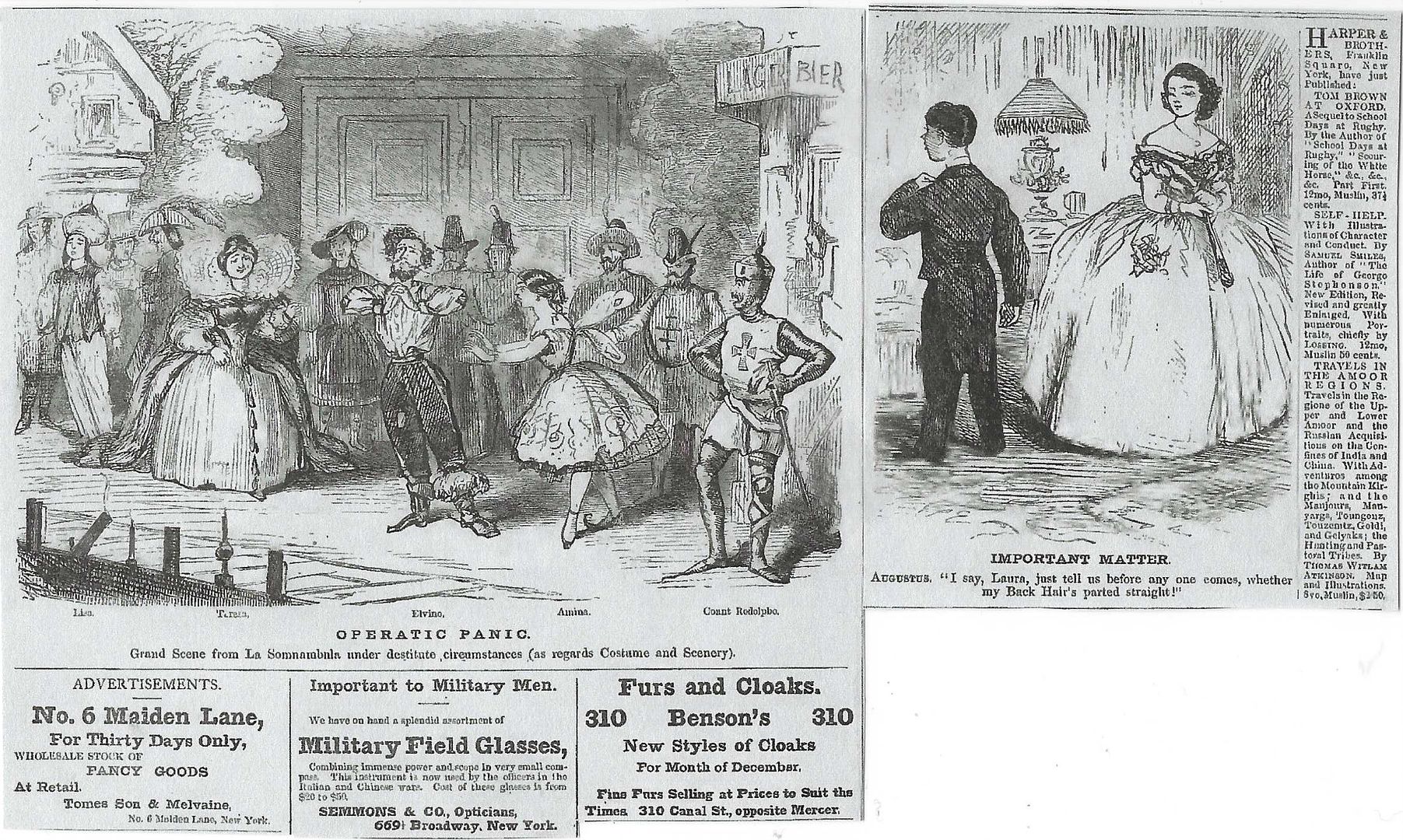
.jpg?width=1920&height=1080&fit=bounds)
Free Republic University, Department of History presents U.S. History, 1855-1860: Seminar and Discussion Forum
Bleeding Kansas, Dred Scott, Lincoln-Douglas, Harper’s Ferry, the election of 1860, secession – all the events leading up to the Civil War, as seen through news reports of the time and later historical accounts
First session: November 21, 2015. Last date to add: Sometime in the future.
Reading: Self-assigned. Recommendations made and welcomed.
Posting history, in reverse order
https://www.freerepublic.com/tag/by:homerjsimpson/index?tab=articles
To add this class to or drop it from your schedule notify Admissions and Records (Attn: Homer_J_Simpson) by reply or freepmail.
Link to previous Harper’s Weekly thread
https://freerepublic.com/focus/f-chat/3915625/posts
https://freerepublic.com/focus/f-chat/3915625/posts#35
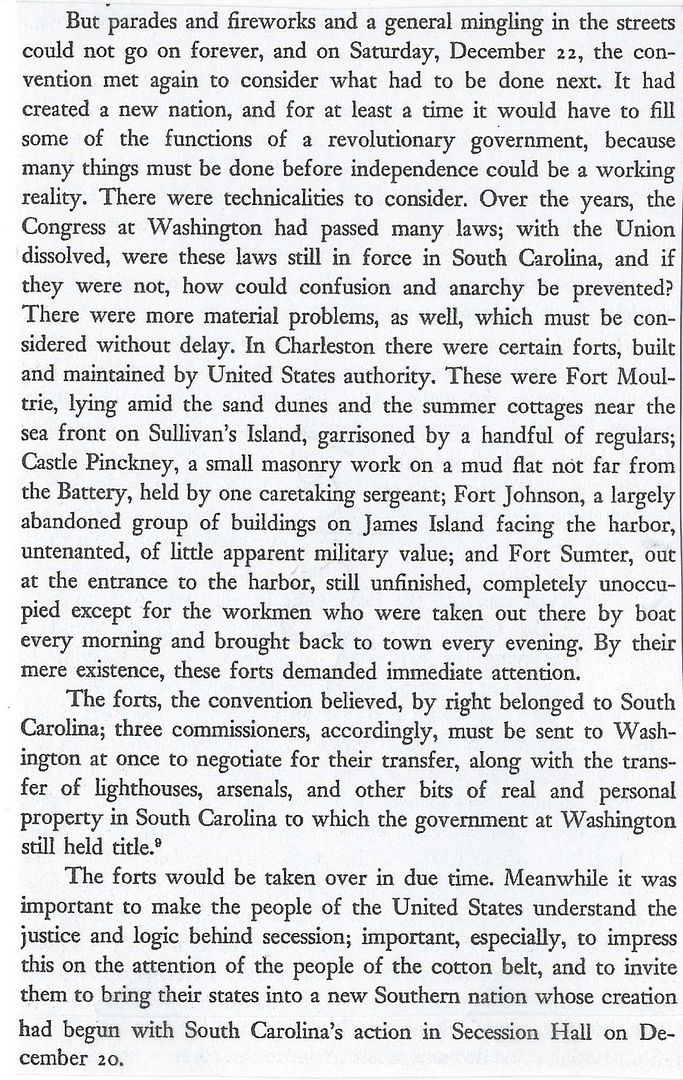
Bruce Catton, The Coming Fury
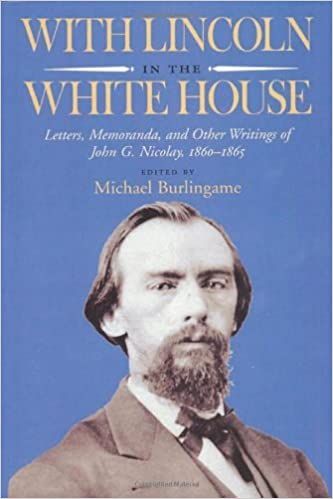
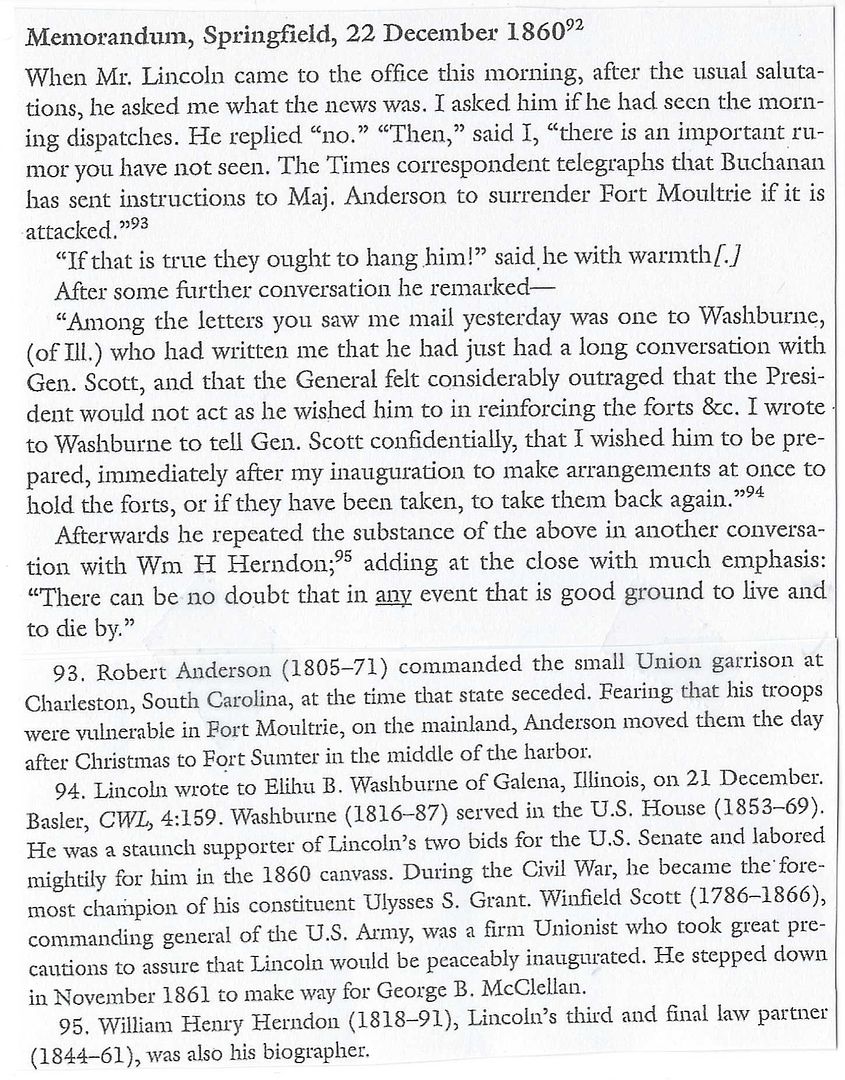
With Lincoln in the White House: Letters, Memoranda, and Other Writings of John G. Nicolay, 1860-1865, edited by Michael Burlingame
The Coming Fury, Catton, reply #3
Letter from Lincoln to Alexander Stephens, #3
John Nicolay, #4
George Templeton Strong, #5.
These four letters.
December 22.
Your letter was quite welcome. In these times I am glad to get an encouraging word, especially from calm and moderate men, for I fear sometimes that indignation may get the better of my judgment.
We have troubles and rumors of worse to come. If the Southern gentlemen are to be believed, one half the slave States are already out of the Union, and the rest are sure to follow. In our committee-room, for instance, Mr. Toombs says his State now feels no interest in the tariff, but he votes to postpone it to the 4th of March in order that no harm may be done the country while Georgia does remain a part of it. Even Mr. Hunter fears that by the middle of January the Republicans will be strong enough to pass any bill they like. There is much of this kind of flourish, but there is great anxiety to have the Republicans do something, make some proposition, and not stand still and see the country go to destruction. “They don't think there is much hope, but if the Republicans would tender sufficient guarantees, perhaps the thing might be deferred a little longer.” Any man with half an eye can see what all this means. It was begun for the purpose of frightening us into an abandonment of our position, thus strengthening the South and disgracing the Republicans. Unfortunately, however, the public mind had been so excited and poisoned that the leaders soon lost control of the movement, and they are now pushed on in their own despite. They are not happy. Jeff. Davis says as little as possible, and there is an affectation of ease about most of them which indicates concern of mind. We cannot conceal from ourselves that the country has suffered and must suffer still more. But I regard this as the crisis of our fate. Concession under menace would be fatal to us as a party; and what is vastly more and worse, it would prostrate the North forever at the feet of slavery. It is only by preserving a firm and uncompromising attitude that we can rescue the government from its downward tendency and place it upon the side of freedom where the fathers designed it should stand. While, therefore, perceiving and fully appreciating the danger, I am not disposed to avoid it by timidity or by qualifying in any way the platform of principles on which we stand. If the Union can only be saved by acknowledging the power of a minority to coerce the majority through fear of disruption, I am ready to part company with the slave States and trust God and the people for reconstruction on narrower ground, but on a sounder and safer basis.
SOURCE: Francis Fessenden, Life and Public Services of William Pitt Fessenden, Volume 1, p. 117-9
https://civilwarnotebook.blogspot.com/2014/09/senator-william-p-fessenden-to-william.html
No. 10.]
FORT MOULTRIE, S. C, December 22, 1860.
(Received A. G. O., December 26.)
Col. S. COOPER, Adjutant-General:
COLONEL: Captain Foster is apprehensive that the remarks in my letter of the 20th instant may be considered as reflecting upon him, and I told him that I would cheerfully state distinctly that I do not intend to pass any criticism upon his proceedings.
I stated in my last letter fully all the reasons I intended to give against commencing the second caponiere. The Captain has put a very large force of masons on it, and they are running up the walls very rapidly. He says, as he has all the material on hand, the men, having just completed the first one, will be enabled to construct the second caponiere as soon as they could finish any temporary work in its stead. He says that he will have the ‘work defensible in five more working days, and have it finished in nine more working days.’ God knows whether the South Carolinians will defer their attempt to take this work so long as that. I must confess that I think where an officer is placed in as delicate a position as the one I occupy, that he should have the entire control over all persons connected in any way with the work intrusted to him. Responsibility and power to control ought to go together.
I have heard from several sources that last night and the night before a steamer was stationed between this island and Fort Sumter. That the authorities of South Carolina are determined to prevent, if possible, any troops from being placed in that fort, and that they will seize upon that most important work as soon as they think there is reasonable ground for a doubt whether it will be turned over to the State, I do not doubt. I think that I could, however, were I to receive instructions so to do, throw my garrison into that work, but I should have to sacrifice the greater part of my stores, as it is now too late to attempt their removal. Once in that work with my garrison I could keep the entrance of their harbor open until they construct works outside of me, which might, I presume, prevent vessels from coming into the outer harbor.
We have used nearly all the empty barrels which Captain Foster had wisely saved, for embrasures, traverses, &c., and Captain Foster is now making use of our gun pent-houses for the same purpose, filling them with sand.
No one can tell what will be done. They may defer action until their Commissioners return from Washington; or, if apprised by the nature of the debates in Congress that their demands will not probably be acceded to, they may act without waiting for them.
I do not think that we can rely upon any assurances, and wish to God I only had men enough here to man fully my guns. Our men are perfectly conscious of the dangerous position they are placed in, but are in as fine spirits as if they were certain of victory.
ROBERT ANDERSON,
Major First Artillery, Commanding.
P. S. — I have just heard that several of the men at work in Fort Sumter wear the blue cockade. If they are bold enough to do that the sooner that force is disbanded the better. The public property would be safer there under Lieutenant Snyder and a few men than it now is.
R. A.
SOURCE: Samuel Wylie Crawford, The Genesis of the Civil War: The Story of Sumter, 1860-1861, p. 93-4
https://civilwarnotebook.blogspot.com/2015/03/major-robert-anderson-to-colonel-samuel.html
SULLIVAN'S ISLAND, S. C, December 22, 1860.
Col. R E. DE RUSSY,
Commanding Corps of Engineers, U. S. Army, Washington D.C.:
COLONEL: I feel it my duty to inform you that on the last two nights steamers from town have remained in the close vicinity of Fort Sumter, apparently with the object of maintaining guard over the fort. On the first night, that of the 20th, only one came. She approached from the direction of town, as though running for the wharf, and her movements attracting the attention of the watchman, he awoke Lieutenant Snyder, who, when he went upon the ramparts, found her close under the west flank, apparently sounding. She afterwards moved off to a second position about six hundred yards from the fort, and remained during the night. She showed no lights. On the same night this or another steamer reconnoitred and remained around Castle Pinckney for some time, and when hailed by the night-watch on the Castle as to what she wanted, some one replied, “You will know in a week.” Last night two steamers kept watch around Fort Sumter.
These steamers are the small harbor or coast steamers, and one of them was named the Nina. Judging it best not to incur any risk of an unpleasant occurrence, I have not taken any steps to ascertain the object of this surveillance, nor of those in command of the steamers. The recent orders emanating from the War Department have given me the assurance that every cause that might irritate these people must be avoided. However mortifying it may be to know that there are no means for defense in Fort Sumter, and that the military men of the city have their eyes fixed upon it as the prize to obtain, I feel bound to carry out this idea in my every act.
I do not even feel authorized to vary my present plan of operations, either by a reduction or an increase of force, although my expenses are very heavy, and my present liabilities barely covered by my requisitions just made. Whenever the Department desires that I may make a change of operations, I beg that it may soon be communicated to me.
At Fort Moultrie I am still exerting myself to the utmost to make it so defensible as to discourage any attempts to take it . The wet ditch is now completed. The whole of the east front is now raised by solid merlons, two barrels high, and in three positions to a greater height, to serve for cavaliers. The guns are provided with good siege-battery embrasures, faced with green hides, and two of them 8-inch howitzers, one in addition furnished with musket-proof shutters working on an axis, elevated over the throat of the embrasure by supports on each side, and manœuvred by double bars extending back over the gun.
A field howitzer has been put in position on the parapet at the northeast salient by means of a palmetto stockade, so as to sweep the vicinity of that angle better than it was before. Traverses to intercept shot from the sand-hills have been placed on the parapet and upon the terrepleins.
The bridge connecting the barracks and guard-house is completed, the doors arranged with fastenings, doors cut through the partition walls of the barracks, trap-doors cut in the floors, and ladders made. The howitzers in the finished caponiere are put in good working order. The second caponiere was commenced yesterday morning, with a full force of masons, and by to-night was over six feet in height, with both embrasures completed. Major Anderson wanted me to adopt some more temporary construction, but I showed him that this would be far more valuable in the defense, and having the materials and masons ready, I could construct it just as quickly and cheaply. On Monday I shall erect a lookout tower, or sharpshooter stand, on top of the guard-house, at Major Anderson's request. I have stopped for the present the work upon the glacis in front of the sea front, and put all my force upon the above works. The glacis has, however, assumed fine proportions, and is in fact nearly completed. One-half of the interior slope is well sodded, and half of the glacis slope covered with muck six inches thick.
It will take very little work to complete the whole of it, as soon as the present pressing work is finished.
J. G. FOSTER,
Captain Engineers
ENGINEER DEPARTMENT, December 24, 1860.
Respectfully submitted to the honorable Secretary of War for his information, and with the earnest request that the instructions solicited by Captain Foster may be promptly given.
H. G. WRIGHT,
Captain of Engineers, in charge.
ENGINEER DEPARTMENT, December 26, 1860.
Respectfully referred to the honorable Secretary of War, and his attention urgently called to the within report as one of great importance.
H. G. WRIGHT,
Captain of Engineers, in charge.
ENGINEER OFFICE, December 26, i860.
Have just seen the Secretary of War, and read to him the within letter. His only remarks in regard to it were that it was very satisfactory, and that he hoped, or thought, I don't distinctly remember which, that we should get over these troubles without bloodshed. He further said he did not wish to retain the letter —this in answer to my question.
H. G. W.
SOURCE: Samuel Wylie Crawford, The Genesis of the Civil War: The Story of Sumter, 1860-1861, p. 97-9
https://civilwarnotebook.blogspot.com/2015/03/captain-john-g-foster-to-colonel-rene-e.html
Sir: The Hon. R. W. Barnwell, the Hon. J. H. Adams and the Hon. James L. Orr have been appointed Commissioners by the Convention to proceed immediately to Washington to present the Ordinance of Secession to the President, and to negotiate in reference to the evacuation of the forts and other matters growing out of the Act of Secession. They will probably arrive on Tuesday next. Please inform the President of this. Answer this.
F. W. PICKENS.
"Hon. W. H. TRESCOT."
SOURCE: Samuel Wylie Crawford, The Genesis of the Civil War: The Story of Sumter, 1860-1861, p. 142
https://civilwarnotebook.blogspot.com/2015/06/sir-hon.html
On P13 - a cartoon lamenting the modern commercialization of Christmas with Santa Claus and gifts etc., contrasted with the simpler, humbler origins from millenia ago. Even 160 years ago they were worried about this.
“The Coming Fury” is an excellent telling of the Democrat party split and the secession crisis. The Democrat party has always been destructive, hasn’t it?
Oh here we go!!! Pip meets Miss Havisham and Estella the first time.
From the 1946 David Lean adaptation. I wish I met Jean Simmons and called me “boy”.
[December 23, 1860.]
Dear Friend:
Yours of 20th is at hand. I will see the persons you have named and be ready to report as soon as I have returned home. Stone, I have no doubt, will be an acquisition of great value, but we shall want an editor of equal ability. Some persons here say that we must have $10,000 pledged to secure success, and my present plan is to pay a manager and editor each a moderate salary and one-half the profits, the other half to go to the guaranty fund, or be used in extending the paper. To succeed we must play a bold game. Andrew appears as well as usual. We are having a right good time. You will see all the Washington gossip in the papers before this reaches you, and I shall only give the impression it has made on me, which is that if any Republican members vote for concession or compromise they are politically dead. If a majority of the party vote for it, the party is dead. I have to-day seen a number of leading men and all their talk was a resolution for the impeachment of the President.
We are told Lincoln says no friend of his will propose either dissolution or concession. Wilson says: “They meet us with long faces, and we laugh at them and tell them to go.” In the Senate Committee of Thirteen, all the Republicans voted against the compromises; which, as there would be no compromise without them, was understood to be fatal. When they came to the Fugitive Slave Law, Wade told them that, as they were going out of the Union, there was no need of voting on that, for it would then die of itself. If this goes on much further I think we may expect the immediate abolition of slavery, even if it requires an ocean of blood. If war with the Cotton States comes, I am sure of it.
GEORGE L. STEARNS.
SOURCE: Preston Stearns, The Life and Public Services of George Luther Stearns, p. 237-8
https://civilwarnotebook.blogspot.com/2018/08/george-l-stearns-to-samuel-gridley-howe.html
The People of the State of South Carolina, in Convention assembled, on the 26th day of April, A. D., 1852, declared that the frequent violations of the Constitution of the United States, by the Federal Government, and its encroachments upon the reserved rights of the States, fully, justified this State in then withdrawing from the Federal Union; but in deference to the opinions and wishes of the other slaveholding States, she forbore at that time to exercise this right. Since that time, these encroachments have continued to increase, and further forbearance ceases to be a virtue.
And now the State of South Carolina having resumed her separate and equal place among nations, deems it due to herself, to the remaining United States of America, and to the nations of the world, that she should declare the immediate causes which have led to this act.
In the year 1765, that portion of the British Empire embracing Great Britain, undertook to make laws for the government of that portion composed of the thirteen American Colonies. A struggle for the right of self-government ensued, which resulted, on the 4th of July, 1776, in a Declaration, by the Colonies, "that they are, and of right ought to be, FREE AND INDEPENDENT STATES; and that, as free and independent States, they have full power to levy war, conclude peace, contract alliances, establish commerce, and to do all other acts and things which independent States may of right do."
They further solemnly declared that whenever any "form of government becomes destructive of the ends for which it was established, it is the right of the people to alter or abolish it, and to institute a new government." Deeming the Government of Great Britain to have become destructive of these ends, they declared that the Colonies "are absolved from all allegiance to the British Crown, and that all political connection between them and the State of Great Britain is, and ought to be, totally dissolved."
In pursuance of this Declaration of Independence, each of the thirteen States proceeded to exercise its separate sovereignty; adopted for itself a Constitution, and appointed officers for the administration of government in all its departments — Legislative, Executive and Judicial. For purposes of defence, they united their arms and their counsels; and, in 1778 they entered into a League known as the Articles of Confederation, whereby they agreed to entrust the administration of their external relations to a common agent, known as the Congress of the United States, expressly declaring, in the first article, "that each State retains its sovereignty, freedom and independence, and every power, jurisdiction and right which is not, by this Confederation, expressly delegated to the United States in Congress assembled."
Under this Confederation the War of the Revolution was carried on, and on the 3d September, 1783, the contest ended, and a definite Treaty was signed by Great Britain, in which she acknowledged the Independence of the Colonies in the following terms;
"Article 1.—His Britannic Majesty acknowledges the said United States, viz: New Hampshire, Massachusetts Bay, Rhode Island and Providence Plantations, Connecticut, New York, New Jersey, Pennsylvania, Delaware, Maryland, Virginia, North Carolina, South Carolina and Georgia, to be FREE, SOVEREIGN AND INDEPENDENT STATES : that he treats with them as such ; and for himself, his heirs and successors, relinquishes all claims to the government, propriety and territorial rights of the same and every part thereof."
Thus were established the two great principles asserted by the Colonies, namely: the right of a State to govern itself; and the right of a people to abolish a Government when it becomes destructive of the ends for which it was instituted. And concurrent with the establishment of these principles, was the fact, that each Colony became and was recognized by the mother Country as a FREE, SOVEREIGN AND INDEPENDENT STATE.
In 1787, Deputies were appointed by the States to revise the Articles of Confederation, and on 17th September, 1787, these Deputies recommended, for the adoption of the States, the Articles of Union, known as the Constitution of the United States.
The parties to whom this Constitution was submitted, were the several sovereign States; they were to agree or disagree, and when nine of them agreed, the compact was to take effect among those concurring; and the General Government, as the common agent, was then to be invested with their authority.
If only nine of the thirteen States had concurred, the other four would have remained as they then were—separate, sovereign States, independent of any of the provisions of the Constitution. In fact, two of the States did not accede to the Constitution until long after it had gone into operation among the other eleven; and during that interval, they each exercised the functions of an independent nation.
By this Constitution, certain duties were imposed upon the several States, and the exercise of certain of their powers was restrained, which necessarily implied their continued existence as sovereign States. But, to remove all doubt, an amendment was added, which declared that the powers not delegated to the United States by the Constitution, nor prohibited by it to the States, are reserved to the States, respectively, or to the people. On 23d May, 1788, South Carolina, by a Convention of her people, passed an Ordinance assenting to this Constitution, and afterwards altered her own Constitution, to conform herself to the obligations she had undertaken.
Thus was established, by compact between the States, a Government, with defined objects and powers, limited to the express words of the grant. This limitation left the whole remaining mass of power subject to the clause reserving it to the States or to the people, and rendered unnecessary any specification of reserved rights.
We hold that the Government thus established is subject to the two great principles asserted in the Declaration of Independence; and we hold further, that the mode of its formation subjects it to a third fundamental principle, namely: the law of compact. We maintain that in every compact between two or more parties, the obligation is mutual; that the failure of one of the contracting parties to perform a material part of the agreement, entirely releases the obligation of the other; and that where no arbiter is provided, each party is remitted to his own judgment to determine the fact of failure, with all its consequences.
In the present case, that fact is established with certainty. We assert that fourteen of the States have deliberately refused, for years past, to fulfill their constitutional obligations, and we refer to their own Statutes for the proof.
The Constitution of the United States, in its Fourth Article, provides as follows:
"No person held to service or labor in one State, under the laws thereof, escaping into another, shall, in consequence of any law or regulation therein, be discharged from such service or labor, but shall be delivered up, on claim of the party to whom such service or labor may be due."
This stipulation was so material to the compact, that without it that compact would not have been made. The greater number of the contracting parties held slaves, and they had previously evinced their estimate of the value of such a stipulation by making it a condition in the Ordinance for the government of the territory ceded by Virginia, which now composes the States north of the Ohio river.
The same article of the Constitution stipulates also for rendition by the several States of fugitives from justice from the other States.
The General Government, as the common agent, passed laws to carry into effect these stipulations of the States. For many years these laws were executed. But an increasing hostility on the part of the non-slaveholding States to the Institution of Slavery, has led to a disregard of their obligations, and the laws of the General Government have ceased to effect the objects of the Constitution. The States of Maine, New Hampshire, Vermont, Massachusetts, Connecticut, Rhode Island, New York, Pennsylvania, Illinois, Indiana, Michigan, Wisconsin and Iowa, have enacted laws which either nullify the Acts of Congress or render useless any attempt to execute them. In many of these States the fugitive is discharged from the service or labor claimed, and in none of them has the State Government complied with the stipulation made in the Constitution. The State of New Jersey, at an early day, passed a law in conformity with her constitutional obligation; but the current of anti-slavery feeling has led her more recently to enact laws which render inoperative the remedies provided by her own law and by the laws of Congress. In the State of New York even the right of transit for a slave has been denied by her tribunals; and the States of Ohio and Iowa have refused to surrender to justice fugitives charged with murder, and with inciting servile insurrection in the State of Virginia. Thus the constituted compact has been deliberately broken and disregarded by the non-slaveholding States, and the consequence follows that South Carolina is released from her obligation.
The ends for which this Constitution was framed are declared by itself to be "to form a more perfect union, establish justice, insure domestic tranquility, provide for the common defence, promote the general welfare, and secure the blessings of liberty to ourselves and our posterity."
These ends it endeavored to accomplish by a Federal Government, in which each State was recognized as an equal, and had separate control over its own institutions. The right of property in slaves was recognized by giving to free persons distinct political rights, by giving them the right to represent, and burthening them with direct taxes for three-fifths of their slaves; by authorizing the importation of slaves for twenty years; and by stipulating for the rendition of fugitives from labor.
We affirm that these ends for which this Government was instituted have been defeated, and the Government itself has been made destructive of them by the action of the non-slaveholding States. Those States have assumed the right of deciding upon the propriety of our domestic institutions; and have denied the rights of property established in fifteen of the States and recognized by the Constitution; they have denounced as sinful the institution of Slavery; they have permitted the open establishment among them of societies, whose avowed object is to disturb the peace and to eloign the property of the citizens of other States. They have encouraged and assisted thousands of our slaves to leave their homes; and those who remain, have been incited by emissaries, books and pictures, to servile insurrection.
For twenty-five years this agitation has been steadily increasing, until it has now secured to its aid the power of the Common Government. Observing the forms of the Constitution, a sectional party has found within that Article establishing the Executive Department, the means of subverting the Constitution itself. A geographical line has been drawn across the Union, and all the States north of that line have united in the election of a man to the high office of President of the United States, whose opinions and purposes are hostile to slavery. He is to be entrusted with the administration of the Common Government, because he has declared that that "Government cannot endure permanently half slave, half free," and that the public mind must rest in the belief that Slavery is in the course of ultimate extinction.
This sectional combination for the submersion of the Constitution, has been aided in some of the States by elevating to citizenship, persons, who, by the Supreme Law of the land, are incapable of becoming citizens; and their votes have been used to inaugurate a new policy, hostile to the South, and destructive of its peace and safety.
On the 4th March next, this party will take possession of the Government. It has announced, that the South shall be excluded from the common Territory; that the Judicial Tribunals shall be made sectional, and that a war must be waged against slavery until it shall cease throughout the United States.
The guaranties of the Constitution will then no longer exist; the equal rights of the States will be lost. The slaveholding States will no longer have the power of self-government, or self-protection, and the Federal Government will have become their enemy.
Sectional interest and animosity will deepen the irritation, and all hope of remedy is rendered vain, by the fact that public opinion at the North has invested a great political error with the sanctions of a more erroneous religious belief.
We, therefore, the people of South Carolina, by our delegates, in Convention assembled, appealing to the Supreme Judge of the world for the rectitude of our intentions, have solemnly declared that the Union heretofore existing between this State and the other States of North America, is dissolved, and that the State of South Carolina has resumed her position among the nations of the world, as a separate and independent State; with full power to levy war, conclude peace, contract alliances, establish commerce, and to do all other acts and things which independent States may of right do.
SOURCE: South Carolina. Constitutional Convention, Journal of the Convention of the people of South Carolina, held in 1860-'61, p. 325-31
https://civilwarnotebook.blogspot.com/2010/12/declaration-of-immediate-causes-which.html
[Written by Robert Barnwell Rhett and adopted by the South Carolina Secession Convention on December 24, 1860.]
It is seventy-three years since the Union between the United States was made by the Constitution of the United States. During this time, their advance in wealth, prosperity and power has been with scarcely a parallel in the history of the world. The great object of their Union was defence against external aggression; which object is now attained, from their mere progress in power. Thirty-one millions of people, with a commerce and navigation which explore every sea, and with agricultural productions which, are necessary to every civilized people, command the friendship of the world. But unfortunately, our internal peace has not grown with our external prosperity. Discontent and contention have moved in the bosom of the Confederacy for the last thirty-five years. During this time, South Carolina has twice called her people together in solemn Convention, to take into consideration the aggressions and unconstitutional wrongs perpetrated by the people of the North on the people of the South. These wrongs were submitted to by the people of the South, under the hope and expectation that they would be final. But such hope and expectation, have proved to be vain. Instead of producing forbearance, our acquiescence has only instigated to new forms of aggression and outrage; and South Carolina, having again assembled her people in Convention, has this day dissolved her connexion [sic] with the States constituting the United States.
The one great evil, from which all other evils have flowed, is the overthrow of the Constitution of the United States. The Government of the United States is no longer the Government of Confederated Republics, but of a consolidated Democracy. It is no longer a free Government, but a despotism. It is, in fact, such a Government as Great Britain attempted to set over our fathers; and which was resisted and defeated by a seven years' struggle for independence.
The Revolution of 1776, turned upon one great principle, self-government, — and self-taxation, the criterion of self-government. Where the interests of two people united together under one Government, are different, each must have the power to protect its interests by the organization of the Government, or they cannot be free. The interests of Great Britain and of the Colonies, were different and antagonistic. Great Britain was desirous of carrying out the policy of all nations towards their Colonies, of making them tributary to her wealth and power. She had vast and complicated relations with the whole world. Her policy towards her North American Colonies was to identify them with her in all these complicated relations; and to make them bear, in common with the rest of the Empire, the full burden of her obligations and necessities. She had a vast public debt; she had an European policy and an Asiatic policy, which had occasioned the accumulation of her public debt; and which kept her in continual wars. The North American Colonies saw their interests, political and commercial, sacrificed by such a policy. Their interests required that they should not be identified with the burdens and wars of the mother country. They had been settled under Charters, which gave them self-government; at least so far as their property was concerned. They had taxed themselves, and had never been taxed by the Government of Great Britain. To make them a part of a consolidated Empire, the Parliament of Great Britain determined to assume the power of legislating for the Colonies in all cases whatsoever. Our ancestors resisted the pretention. They refused to be a part of the consolidated Government of Great Britain.
The Southern States now stand exactly in the same position towards the Northern States, that the Colonies did towards Great Britain. The Northern States, having the majority in Congress, claim the same power of omnipotence in legislation as the British Parliament. "The General Welfare," is the only limit to the legislation of either; and the majority in Congress, as in the British Parliament, are the sole judges of- the expediency of the legislation this " General Welfare" requires. Thus, the Government of the United States has become a consolidated Government; and the people of the Southern States are compelled to meet the very despotism their fathers threw off in the Revolution of 1776.
The consolidation of the Government of Great Britain over the Colonies, was attempted to be carried out by the taxes. The British Parliament undertook to tax the Colonies, to promote British interests. Our fathers resisted this pretention. They claimed the right of self-taxation through their Colonial Legislatures. They were not represented in the British Parliament, and, therefore, could not rightly be taxed by its legislation. The British Government however, offered them a representation in parliament; but it was not sufficient to enable them to protect themselves from the majority, and they refused the offer. Between taxation without any representation, and taxation without a representation adequate to protection, there was no difference. In neither case would the Colonies tax themselves. Hence, they refused to pay the taxes laid by the British Parliament.
And so with the Southern States, towards the Northern States, in the vital matter of taxation. They are in a minority in Congress. Their representation in Congress, is useless to protect them against unjust taxation; and they are taxed by the people of the North for their benefit, exactly as the people of Great Britain taxed our ancestors in the British Parliament for their benefit. For the last forty years, the taxes laid by the Congress of the United States, have been laid with a view of subserving the interests of the North. The people of the South have been taxed by duties on imports, not for revenue, but for an object inconsistent with revenue — to promote, by prohibitions, Northern interests in the productions of their mines and manufactures.
There is another evil, in the condition of the Southern towards the Northern States, which our ancestors refused to bear towards Great Britain. Our ancestors not only taxed themselves, but all the taxes collected from them, were expended amongst them. Had they submitted to the pretentions of the British Government, the taxes collected from them would have been expended in other parts of the British Empire. They were fully aware of the effect of such a policy in impoverishing the people from whom taxes are collected, and in enriching those who receive the benefit of their expenditure. To prevent the evils of such a policy, was one of the motives which drove them on to Revolution. Yet this British policy has been fully realized towards the Southern States, by the Northern States. The people of the Southern States are not only taxed for the benefit of the Northern States, but after the taxes are collected, three-fourths of them are expended at the North. This cause, with others, connected with the operation of the General Government, has made the cities of the South provincial. Their growth is paralyzed; they are mere suburbs of Northern cities. The agricultural productions of the South are the basis of the foreign commerce of the United States; yet Southern cities do not carry it on. Our foreign trade is almost annihilated. In 1740, there were five ship-yards in South Carolina, to build ships to carry on our direct trade with Europe. Between 1740 and 1779, there were built in these yards, twenty-five square-rigged vessels, besides a great number of sloops and schooners, to carry on our coast and West India trade. In the half century immediately preceding the Revolution, from 1725 to 1775, the population of South Carolina increased seven-fold.
No man can, for a moment, believe that our ancestors intended to establish over their posterity, exactly the same sort of Government they had overthrown. The great object of the Constitution of the United States, in its internal operation, was, doubtless, to secure the great end of the Revolution — a limited free Government — a Government limited to those matters only, which were general and common to all portions of the United States. All sectional or local interests, were to be left to the States. By no other arrangement would they obtain free Government, by a Constitution common to so vast a Confederacy. Yet, by gradual and steady encroachments on the part of the people of the North, and acquiescence on the part of the South, the limitations in the Constitution have been swept away; and the Government of the United States has become consolidated, with a claim of limitless powers in its operations.
It is not at all surprising, such being the character of the Government of the United States, that it should assume to possess power over all the institutions of the country. The agitations on the subject of slavery, are the natural results of the consolidation of the Government. Responsibility follows power; and if the people of the North have the power by Congress "to promote the general welfare of the United States," by any means they deem expedient, — why should they not assail and overthrow the institution of slavery in the South? They are responsible for its continuance or existence, in proportion to their power. A majority in Congress, according to their interested and perverted views, is omnipotent. The inducements to act upon the subject of slavery, under such circumstances, were so imperious, as to amount almost to a moral necessity. To make, however, their numerical power available to rule the Union, the North must consolidate their power. It would not be united, on any matter common to the whole Union — in other words, on any constitutional subject — for on such subjects divisions are as likely to exist in the North as in the South. Slavery was strictly a sectional interest. If this could be made the criterion of parties at the North, the North could be united in its power; and thus carry out its measures of sectional ambition, encroachment and aggrandizement. To build up their sectional predominance in the Union, the Constitution must be first abolished by constructions; but that being done, the consolidation of the North, to rule the South, by the tariff and slavery issues, was in the obvious course of things.
The Constitution of the United States was an experiment. The experiment consisted, in uniting under one Government, peoples living in different climates, and having different pursuits and institutions. It matters not, how carefully the limitations of such a Government be laid down in the Constitution — its success must, at least, depend upon the good faith of the parties to the constitutional compact, in enforcing them. It is not in the power of human language to exclude false inferences, constructions and perversions, in any Constitution; and when vast sectional interests are to be subserved, involving the appropriation of countless millions of money, it has not been the usual experience of mankind, that words on parchments can arrest power. The Constitution of the United States, irrespective of the interposition of the States, rested on the assumption that power would yield to faith — that integrity would be stronger than interest; and that thus, the limitations of the Constitution would be observed. The experiment has been fairly made. The Southern States, from the commencement of the Government, have striven to keep it within the orbit prescribed by the Constitution. The experiment has failed. The whole Constitution, by the constructions of the Northern people, has been absorbed by its preamble. In their reckless lust for power, they seem unable to comprehend that seeming paradox — that the more power is given to the General Government, the weaker it becomes. Its strength consists in the limitation of its agency to objects of common interests to all sections. To extend the scope of its power over sectional or local interests, is to raise up against it opposition and resistance. In all such matters, the General Government must necessarily be a despotism, because all sectional or local interests must ever be represented by a minority in the councils of the General Government — having no power to protect itself against the rule of the majority. The majority, constituted from those who do not represent these sectional or local interests, will control and govern them. A free people cannot submit to such a Government. And the more it enlarges the sphere of its power, the greater must be the dissatisfaction it must produce, and the weaker it must become. On the contrary, the more it abstains from usurped powers, and the more faithfully it adheres to the limitations of the Constitution, the stronger it is made. The Northern people have had neither the wisdom nor the faith to perceive, that to observe the limitations of the Constitution was the only way to its perpetuity.
Under such a Government, there must, of course, be many and endless "irrepressible conflicts," between the two great sections of the Union. The same faithlessness which has abolished the Constitution of the United States, will not fail to carry out the sectional purposes for which it has been abolished. There must be conflict; and the weaker section of the Union can only find peace and liberty in an independence of the North. The repeated efforts made by South Carolina, in a wise conservatism, to arrest the progress of the General Government in its fatal progress to consolidation, have been unsupported, and she has been denounced as faithless to the obligations of the Constitution, by the very men and States, who were destroying it by their usurpations. It is now too late to reform or restore the Government of the United States. All confidence in the North is lost by the South. The faithlessness of the North for a half century, has opened a gulf of separation between the North and the South which no promises nor engagements can fill.
It cannot be believed, that our ancestors would have assented to any union whatever with the people of the North, if the feelings and opinions now existing amongst them, had existed when the Constitution was framed. There was then no tariff — no fanaticism concerning negroes. It was the delegates from New England who proposed in the Convention which framed the Constitution, to the delegates from South Carolina and Georgia, that if they would agree to give Congress the power of regulating commerce by a majority, that they would support the extension of the African Slave Trade for twenty years. African slavery existed in all the States but one. The idea that the Southern States would be made to pay that tribute to their northern confederates which they had refused to pay to Great Britain; or that the institution of African slavery would be made the grand basis of a sectional organization of the North to rule the South, never crossed the imaginations of our ancestors. The Union of the Constitution was a union of slaveholding States. It rests on slavery, by prescribing a representation in Congress for three-fifths of our slaves. There is nothing in the proceedings of the Convention which framed the Constitution, to show that the Southern States would have formed any other Union; and still less, that they would have formed a Union with more powerful non-slaveholding States, having majority in both branches of the Legislature of the Government. They were guilty of no such folly. Time and the progress of things have totally altered the relations between the Northern and Southern States, since the Union was established. That identity of feelings, interests and institutions which once existed, is gone. They are now divided, between agricultural — and manufacturing, and commercial States; between slaveholding and non-slaveholding States. Their institutions and industrial pursuits have made them totally different peoples. That equality in the Government between the two sections of the Union which once existed, no longer exists. We but imitate the policy of our fathers in dissolving a union with non-slaveholding confederates, and seeking a confederation with slaveholding States. Experience has proved that slaveholding States cannot be safe in subjection to non-slaveholding States. Indeed, no people can ever expect to preserve its rights and liberties, unless these be in its own custody. To plunder and oppress, where plunder and oppression can be practiced with impunity, seems to be the natural order of things. The fairest portions of the world elsewhere, have been turned into wildernesses, and the most civilized and prosperous communities have been impoverished and ruined by anti-slavery fanaticism. The people of the North have not left us in doubt as to their designs and policy. United as a section in the late Presidential election, they have elected as the exponent of their policy, one who has openly declared that all the States of the United States must be made free States or slave States. It is true, that amongst those who aided in his election, there are various shades of anti-slavery hostility. But if African slavery in the Southern States be the evil their political combination affirms it to be, the requisitions of an inexorable logic, must lead them to emancipation. If it is right to preclude or abolish slavery in a Territory, why should it be allowed to remain in the States? The one is not at all more unconstitutional than the other, according to the decisions of the Supreme Court of the United States. And when it is considered that the Northern States will soon have the power to make that Court what they please, and that the Constitution never has been any barrier whatever to their exercise of power, what check can there be, in the unrestrained counsels of the North, to emancipation? There is sympathy in association, which carries men along without principle; but when there is principle, and that principle is fortified by long-existing prejudices and feelings, association is omnipotent in party influences. In spite of all disclaimers and professions, there can be but one end by the submission of the South to the rule of a sectional anti-slavery government at Washington; and that end, directly or indirectly, must be — the emancipation of the slaves of the South. The hypocrisy of thirty years — the faithlessness of their whole course from the commencement of our union with them, [show] that the people of the non-slaveholding North are not, and cannot be safe associates of the slaveholding South, under a common government. Not only their fanaticism, but their erroneous views of the principles of free governments, render it doubtful whether, if separated from the South, they can maintain a free government amongst themselves. Numbers, with them, is the great element of free government. A majority is infallible and omnipotent. "The right divine to rule in kings," is only transferred to their majority. The very object of all Constitutions, in free popular Government, is to restrain the majority. Constitutions, therefore, according to their theory, must be most unrighteous inventions, restricting liberty. None ought to exist; but the body politic ought simply to have a political organization, to bring out and enforce the will of the majority. This theory may be harmless in a small community, having identity of interests and pursuits; but over a vast State — still more, over a vast Confederacy, having various and conflicting interests and pursuits, it is a remorseless despotism. In resisting it, as applicable to ourselves, we are vindicating the great cause of free government, more important, perhaps, to the world, than the existence of all the United States. Nor in resisting it, do we intend to depart from the safe instrumentality, the system of government we have established with them, requires. In separating from them, we invade no rights — no interest of theirs. We violate no obligation or duty to them. As separate, independent States in Convention, we made the Constitution of the United States with them; and as separate independent States, each State acting for itself, we adopted it. South Carolina acting in her sovereign capacity, now thinks proper to secede from the Union. She did not part with her Sovereignty in adopting the Constitution. The last thing a State can be presumed to have surrendered, is her Sovereignty. Her Sovereignty is her life. Nothing but a clear express grant can alienate it. Inference is inadmissible. Yet it is not at all surprising that those who have construed away all the limitations of the Constitution, should also by construction, claim the annihilation of the Sovereignty of the States. Having abolished all barriers to their omnipotence, by their faithless constructions in the operations of the General Government, it is most natural that, they should endeavour to do the same towards us in the States. The truth is, they, having violated the express provisions of the Constitution, it is at an end, as a compact. It is morally obligatory only on those who choose to accept its perverted terms. South Carolina, deeming the compact not only violated in particular features, but virtually abolished by her Northern confederates, withdraws herself as a party from its obligations. The right to do so, is denied by her Northern confederates. They desire to establish a sectional despotism, not only omnipotent in Congress, but omnipotent over the States; and as if to manifest the imperious necessity of our secession, they threaten us with the sword, to coerce submission to their rule.
Citizens of the slaveholding States of the United States! Circumstances beyond our control have placed us in the van of the great controversy between the Northern and Southern States. We would have preferred that other States should have assumed the position we now occupy. Independent ourselves, we disclaim any design or desire to lead the counsels of the other Southern States. Providence has cast our lot together, by extending over us an identity of pursuits, interests and institutions. South Carolina desires no destiny separated from yours. To be one of a great Slaveholding Confederacy, stretching its arms over a territory larger than any power in Europe possesses — with a population four times greater than that of the whole United States when they achieved their independence of the British Empire — with productions which make our existence more important to the world than that of any other people inhabiting it — with common institutions to defend, and common dangers to encounter — we ask your sympathy and confederation. Whilst constituting a portion of the United States, it has been your statesmanship which has guided it, in its mighty strides to power and expansion. In the field, as in the cabinet, you have led the way to its renown and grandeur. You have loved the Union, in whose service your great statesmen have labored, and your great soldiers have fought and conquered — not for the material benefits it conferred, but with the faith of a generous and devoted chivalry. You have long lingered in hope over the shattered remains of a broken Constitution. Compromise after compromise, formed by your concessions, has been trampled under foot by your Northern confederates. All fraternity of feeling between the North and the South is lost, or has been converted into hate; and we, of the South, are at last driven together by the stern destiny which controls the existence of nations. Your bitter experience of the faithlessness and rapacity of your Northern confederates may have been necessary to evolve those great principles of free government, upon which the liberties of the world depend, and to prepare you for the grand mission of vindicating and re-establishing them. We rejoice that other nations should be satisfied with their institutions. Contentment is a great element of happiness, with nations as with individuals. We are satisfied with ours. If they prefer a system of industry, in which capital and labor are in perpetual conflict — and chronic starvation keeps down the natural increase of population — and a man is worked out in eight years — and the law ordains that children shall be worked only ten hours a day — and the sabre and the bayonet are the instruments of order — be it so. It is their affair, not ours. We prefer, however, our system of industry, by which labor and capital are identified in interest, and capital, therefore, protects labor — by which our population doubles every twenty years — by which starvation is unknown, and abundance crowns the land — by which order is preserved by an unpaid police, and many fertile regions of the world, where the white man cannot labor, are brought into usefulness by the labor of the African, and the whole world is blessed by our productions. All we demand of other peoples is to be left alone, to work out our own high destinies. United together, and we must be the most independent, as we are among the most important, of the nations of the world. United together, and we require no other instrument to conquer peace, than our beneficient productions. United together, and we must be a great, free and prosperous people, whose renown must spread throughout the civilized world, and pass down, we trust, to the remotest ages. We ask you to join us in forming a Confederacy of Slaveholding States.
SOURCE: South Carolina. Constitutional Convention, Journal of the Convention of the people of South Carolina, held in 1860-'61, p. 332-44
https://civilwarnotebook.blogspot.com/2010/12/address-of-people-of-south-carolina.html
[December 24, 1860]
I am well satisfied that the Southern Party determined to secede, to see if they could not break up the Republican Party, which they hoped to do by a Northern Panic. They expected to break our banks, paralyze our industry, fail our merchants, and starve our operatives. That this was and is their game is evident by their constant endeavors, both in public and private, to induce the Northerners to make some proposition as a bribe to induce them to remain in the Union.
They have failed. Their plan is exposed, and the effect will be to consolidate the Republican Party more closely than it could be done by any other means. Neither will they be able to secede or break up the Union. It is confessed by the leaders of the Southern Party, they have now lost control of the movement. It is now in the hands of the masses and they tremble before the storm they have raised. If any proof of this was wanting, the fact that eminent Southern men of strong conservative tendencies are now most inveterate Fire-eaters, advocating extreme measures that their private judgment condemns, is conclusive on this point.
Here the leaders are sad; they see the signs of recuperation at the North and the daily depreciation and distress at the South; therefore they are anxious for a compromise. But they will not get it. First, because a compromise is not possible in the nature of things; and secondly, because the Republican Party are fully determined not to make one. An effective compromise is not possible when the parties have no faith in each other, and this is the case with the Northern and Southern parties.
Do you ask, What shall we do? I answer, Keep quiet*
I told you a short time since that no act of Congress or resolution of a convention could be of any avail to settle this controversy. That is in the hands of the Lord. To-day I believe it more firmly than ever.
* This watchword explains Sumner's attitude during the winter of 1861. Perhaps it originated with Sumner.
SOURCE: Preston Stearns, The Life and Public Services of George Luther Stearns, p. 238-40
https://civilwarnotebook.blogspot.com/2018/08/george-l-stearns-to-william-l-robinson.html 12/25 reply:
New York Dec. 25, 1860
My dear Sir,
The rumor having got abroad that you have been visited by a well known politician of New York who had a good deal to do with the stock market and who took with him a plan of compromise manufactured in Wall Street, it had occurred to me that you might like to be assured of the manner in which those Republicans who have no connection with Wall Street regard a compromise of the slavery question. The feeling of decided aversion to the least concession was never stronger than it is now. The people have given their verdict and they do not expect that either their representatives in Congress or their politicians out of Congress will attempt to change or modify it in any degree. The restoration of the Missouri Compromise would disband the Republican Party. Any other concession recognizing the right of slavery to protection or even existence in the territories would disgust and discourage the large majority of Republicans in the state and cool their interest in the incoming administration down to the freezing point. Whatever else be done the slavery question, so far as it is a federal question must remain as it is or the Republican party is annihilated. Nor will any concession of the sort proposed satisfy the South. South Carolina cannot be hired to return to the Union by any thing short of the removal of all restraints on the African slave trade. To do that would convert at once into friends of the Union, a class of the Southern politicians who are now doing a great deal to foment the discontents of the South and might effect what the Wall Street managers hope to bring about by restoring the Missouri line, and give protection to slavery South of it.
You will excuse me if I say a word concerning the formation of the Cabinet. I am glad to hear that it is decided to have regard to the in its composition, to that part of the Republican party which is derived from the old democratic party. It would be most unfortunate if the Cabinet were to be so constituted as to turn the policy of the administration into the old whig channels. To instance a single branch of that policy – the policy of restraints upon trade for the advantage of the manufacturers. We of the old democratic party who are the friends of free trade are perfectly willing that this should be regarded as an open question, but we shall be placed in immediate antagonism to the administration, the moment this is made a part of its governing policy. A bigot to protection placed at the head of the Treasury department would at once open a controversy on that question which would be carried on with zeal, perhaps with heat.
You will I know excuse these suggestions. If not vile they are at least disinterested. I have not, that I know of the remotest interest in politics except that our country should be governed with wisdom and justice, and with the allowance of the largest liberty in all things consistent with good order. You will receive perhaps from me letters in favor of persons desiring some office under the federal government or see my signature to recommendations got up by them or their friends. I pray you, in all these cases to believe, that no personal favor will be conferred on me, in any possible instance by bestowing the desired office on the person whom I may recommend. What I say for them should be taken as my opinion of their fitness and nothing more.
I am, dear Sir,
very truly yours
W. C. Bryant.
P. S. In regard to the slave trade, the zeal for its restoration arises from its profitableness. Large capitals are invested in it and it is the most lucrative of all branches of commerce.
W. C. B.
SOURCES: Abraham Lincoln Papers in the Library of Congress, Washington, D.C.
Good evening Professor.
I really didn’t want to comment, but I’m going to edit the
SC declaration, and send it to governor Desantis, senators Scott and Rubio and demand a hearing.
For example, there is government slavery right now. No, not just excessive taxes and regulations. Instead of tarrifs and quartering of troops, there was an attempted coup and possibly a stolen election.
Florida was disenfranchised. What’s next?
See above.
We live in interesting times.
5.56mm
And so it begins...
Here’s a working link to the source of the 12/25 letter from William Cullen Bryant to Abraham Lincoln I mistakenly posted yesterday.
https://civilwarnotebook.blogspot.com/2016/07/william-cullen-bryant-to-abraham_24.html
https://freerepublic.com/focus/f-chat/3915625/posts#16
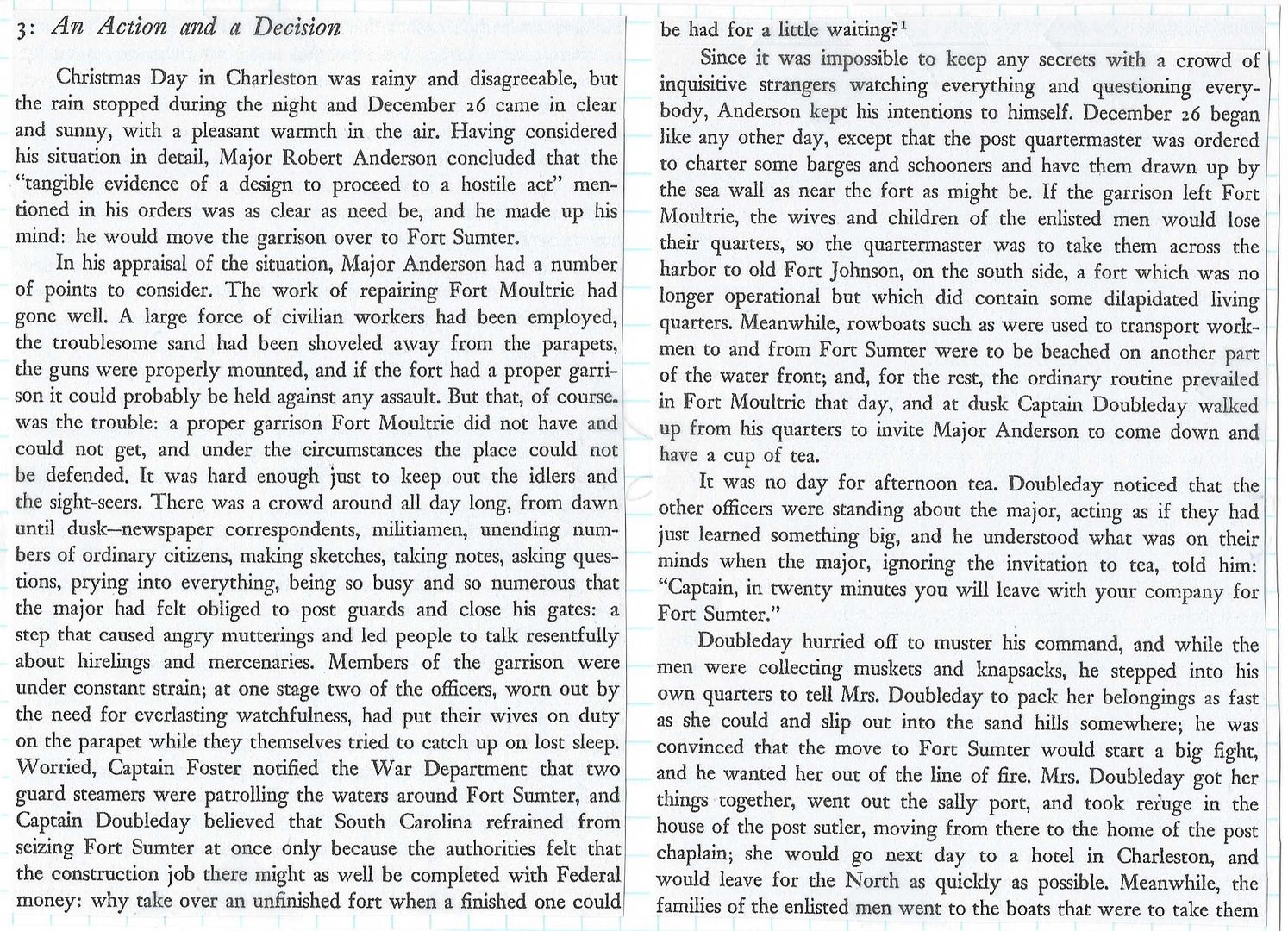
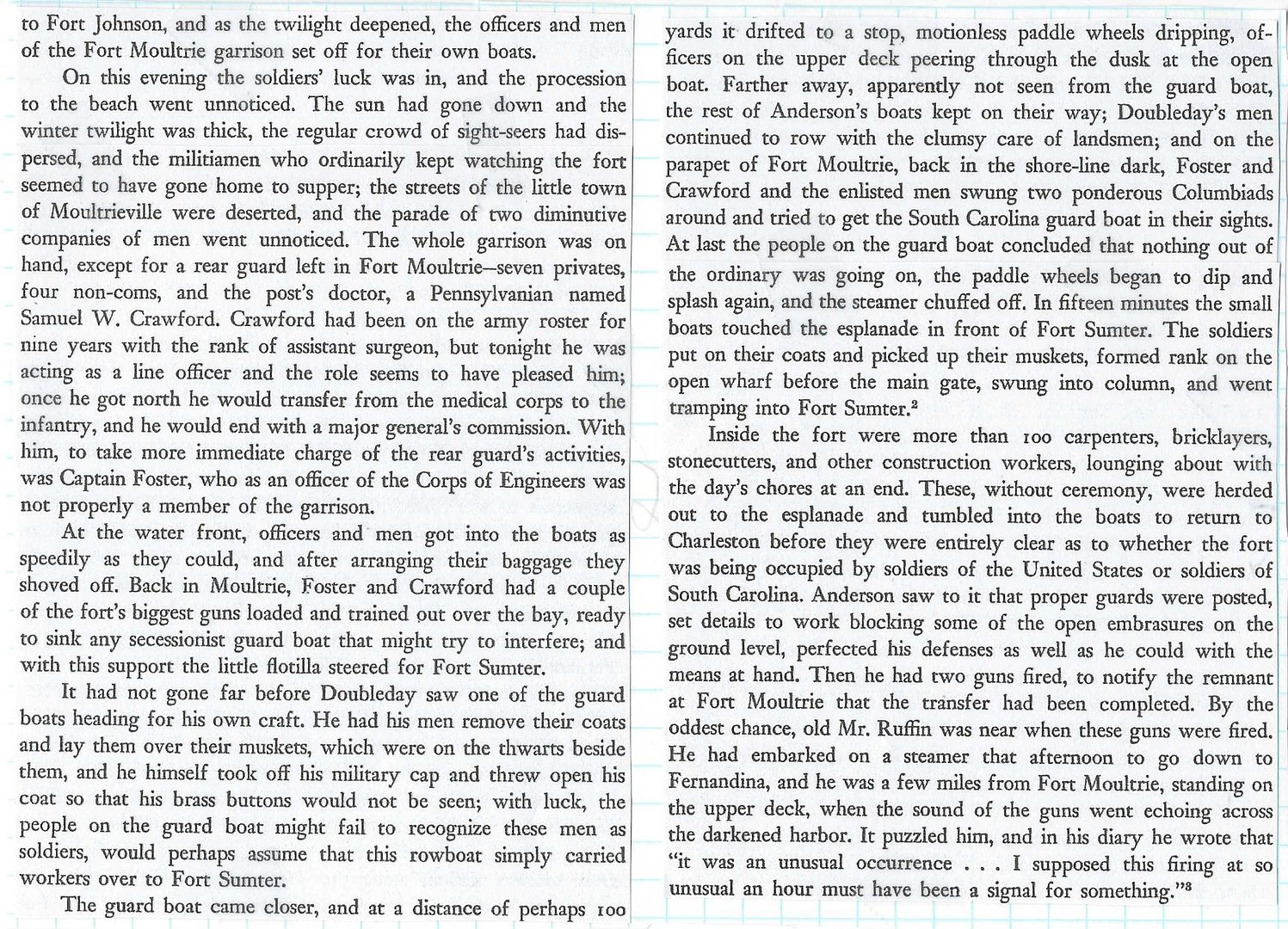
Bruce Catton, The Coming Fury
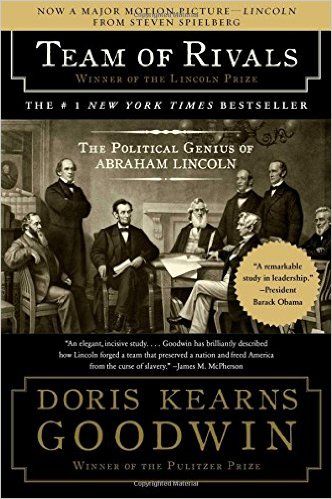
Continued from December 20 (reply #36).
https://freerepublic.com/focus/f-chat/3915625/posts#36
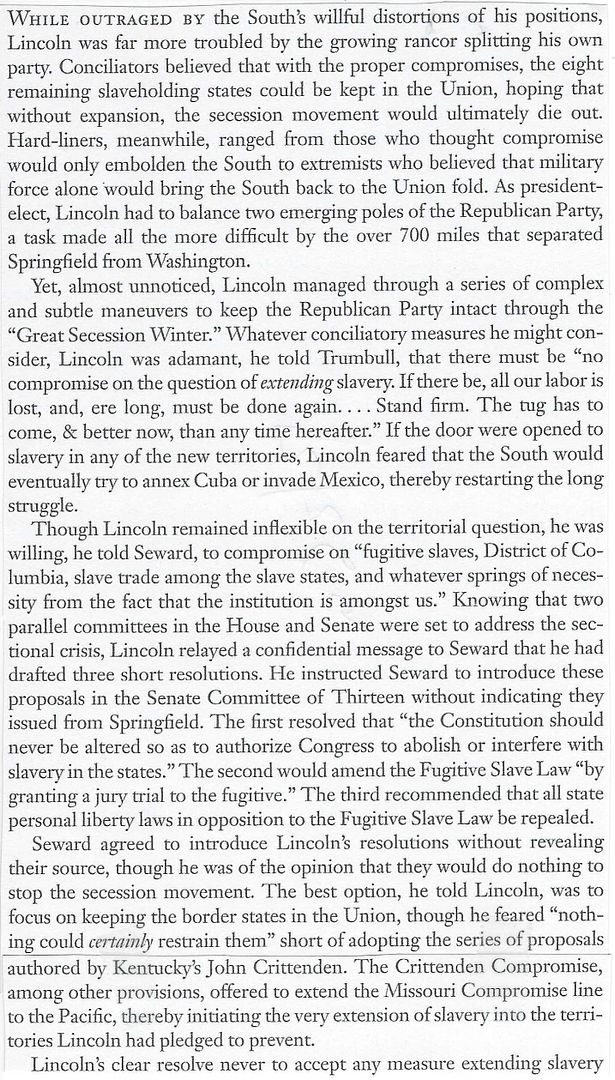
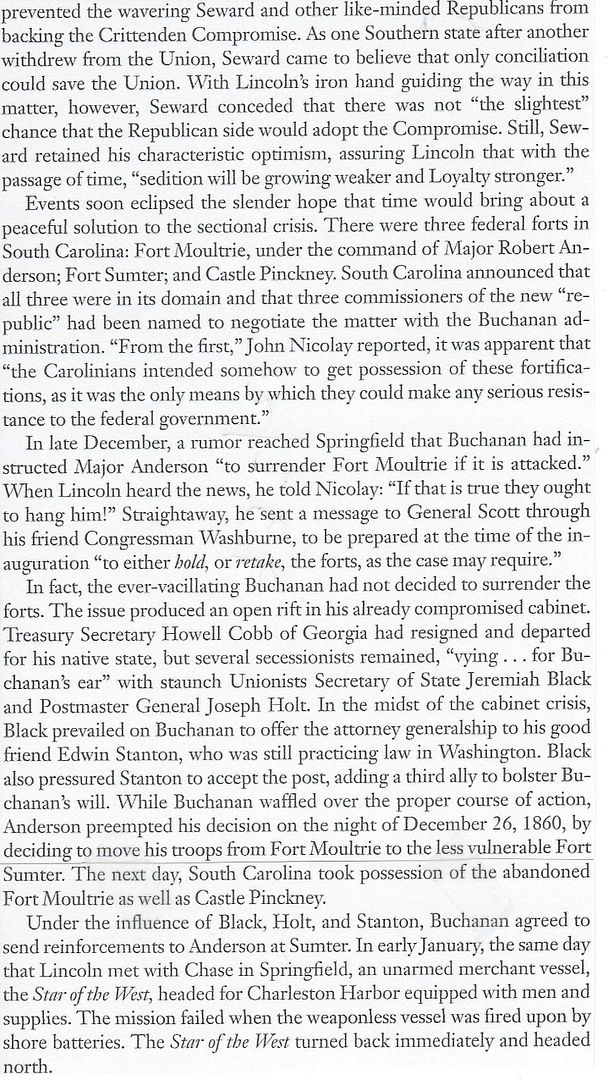
Doris Kearns Goodwin, Team of Rivals
Disclaimer: Opinions posted on Free Republic are those of the individual posters and do not necessarily represent the opinion of Free Republic or its management. All materials posted herein are protected by copyright law and the exemption for fair use of copyrighted works.